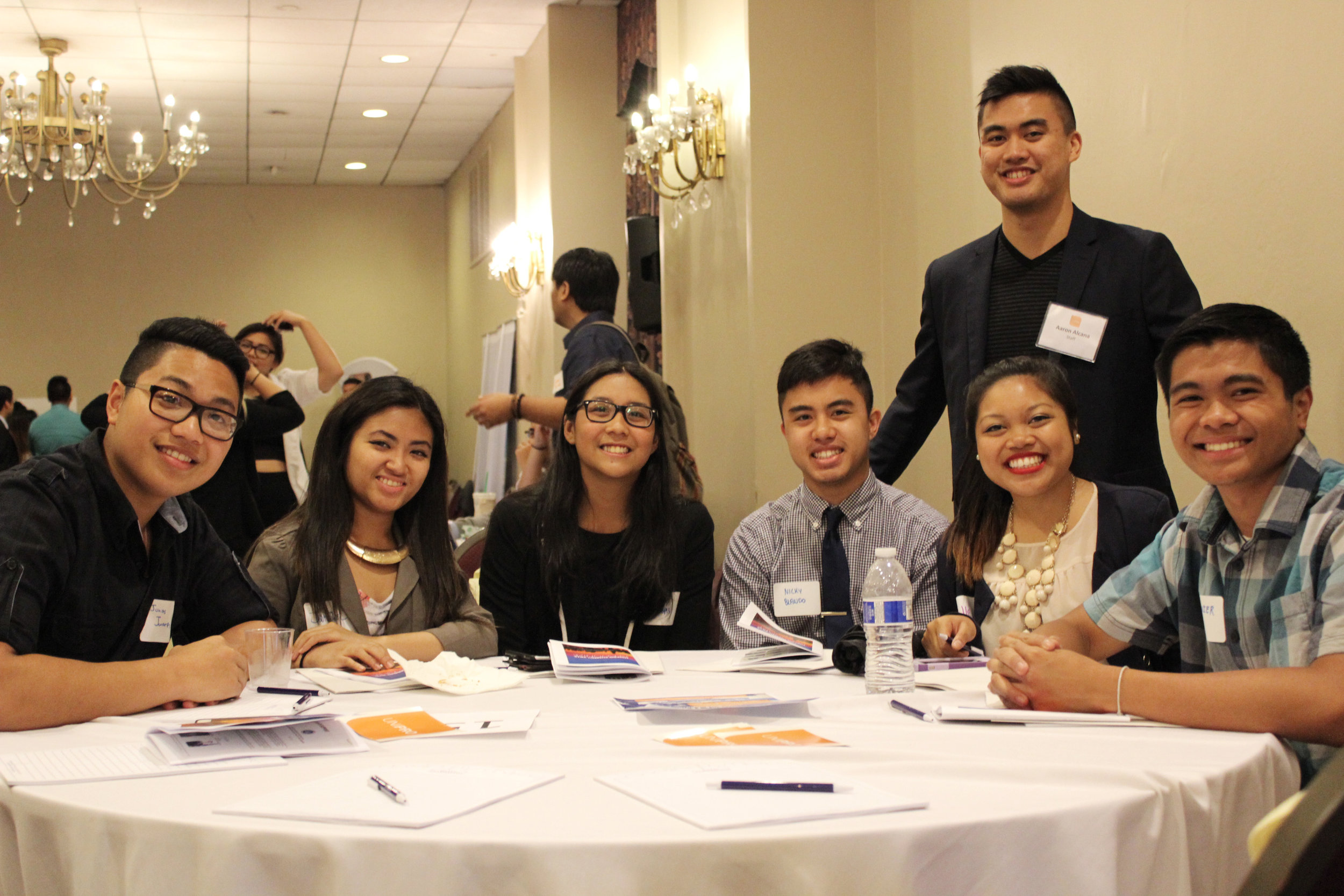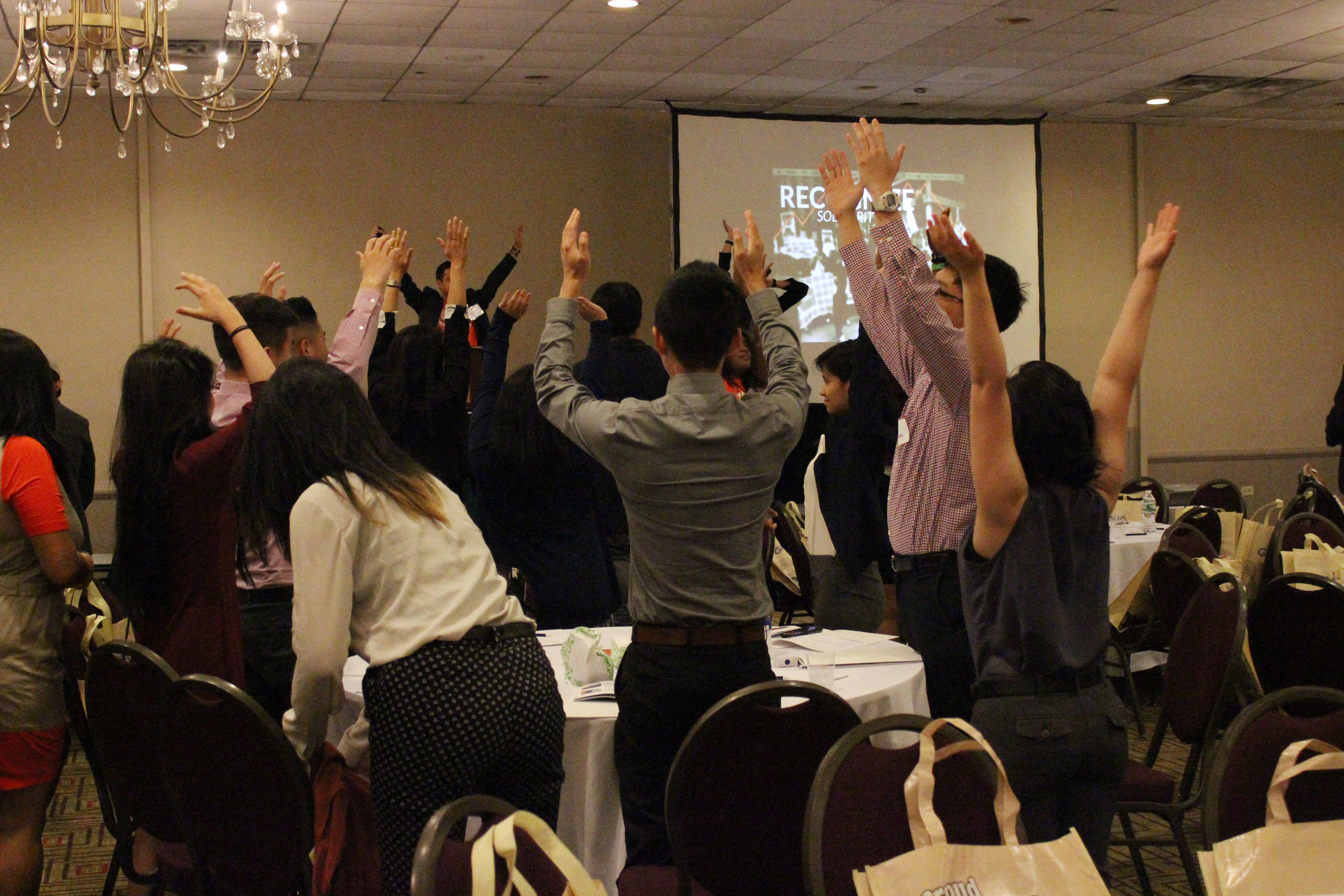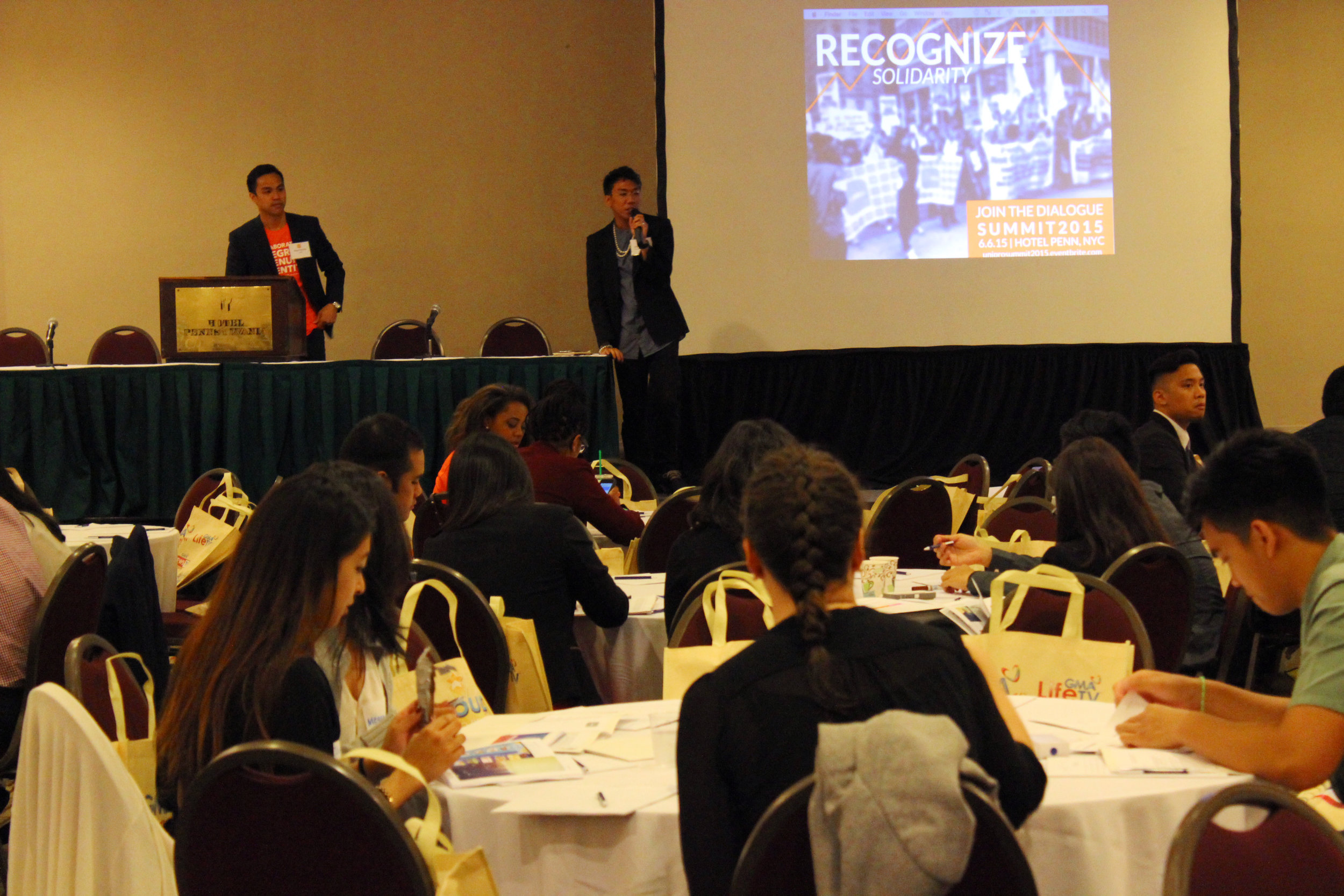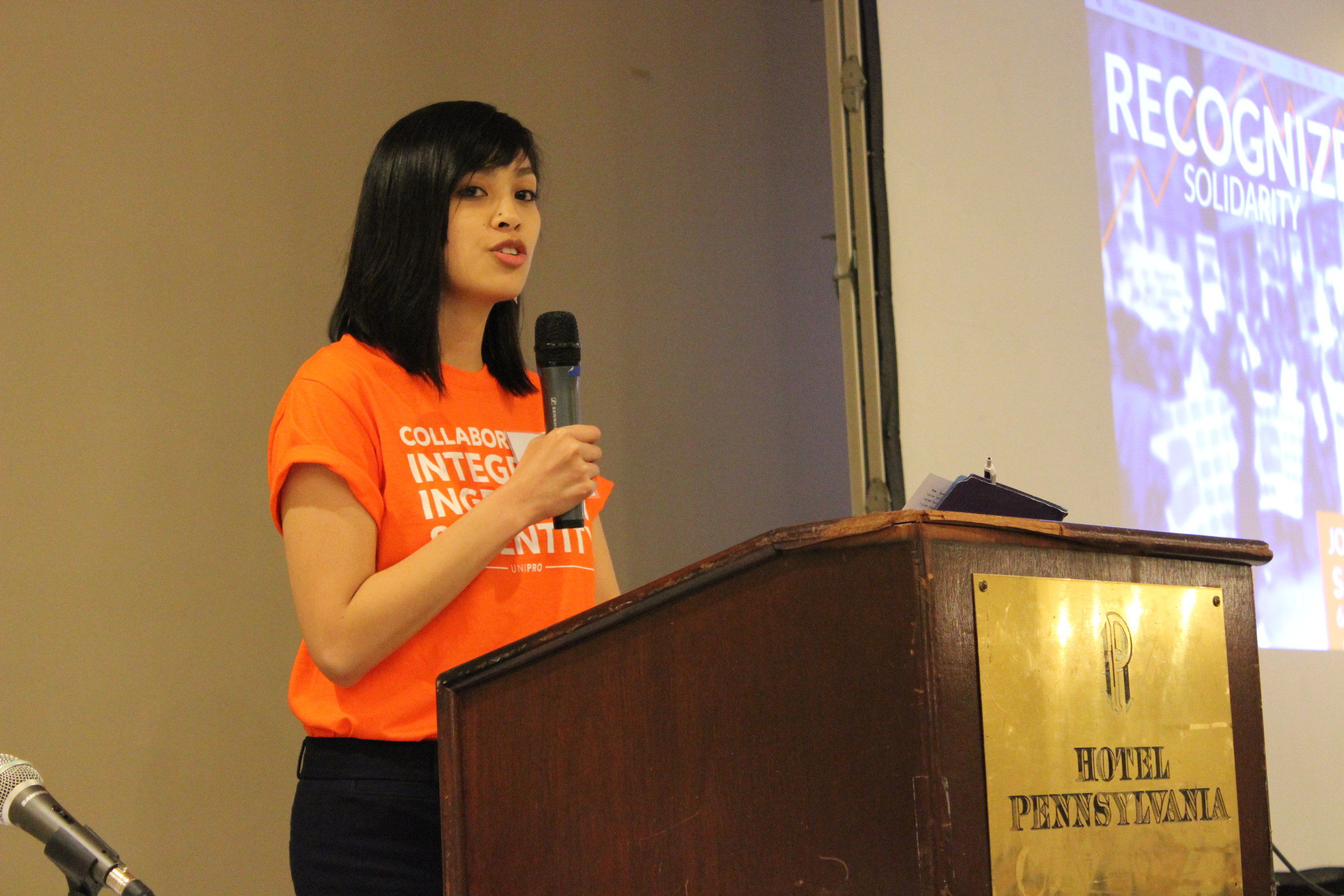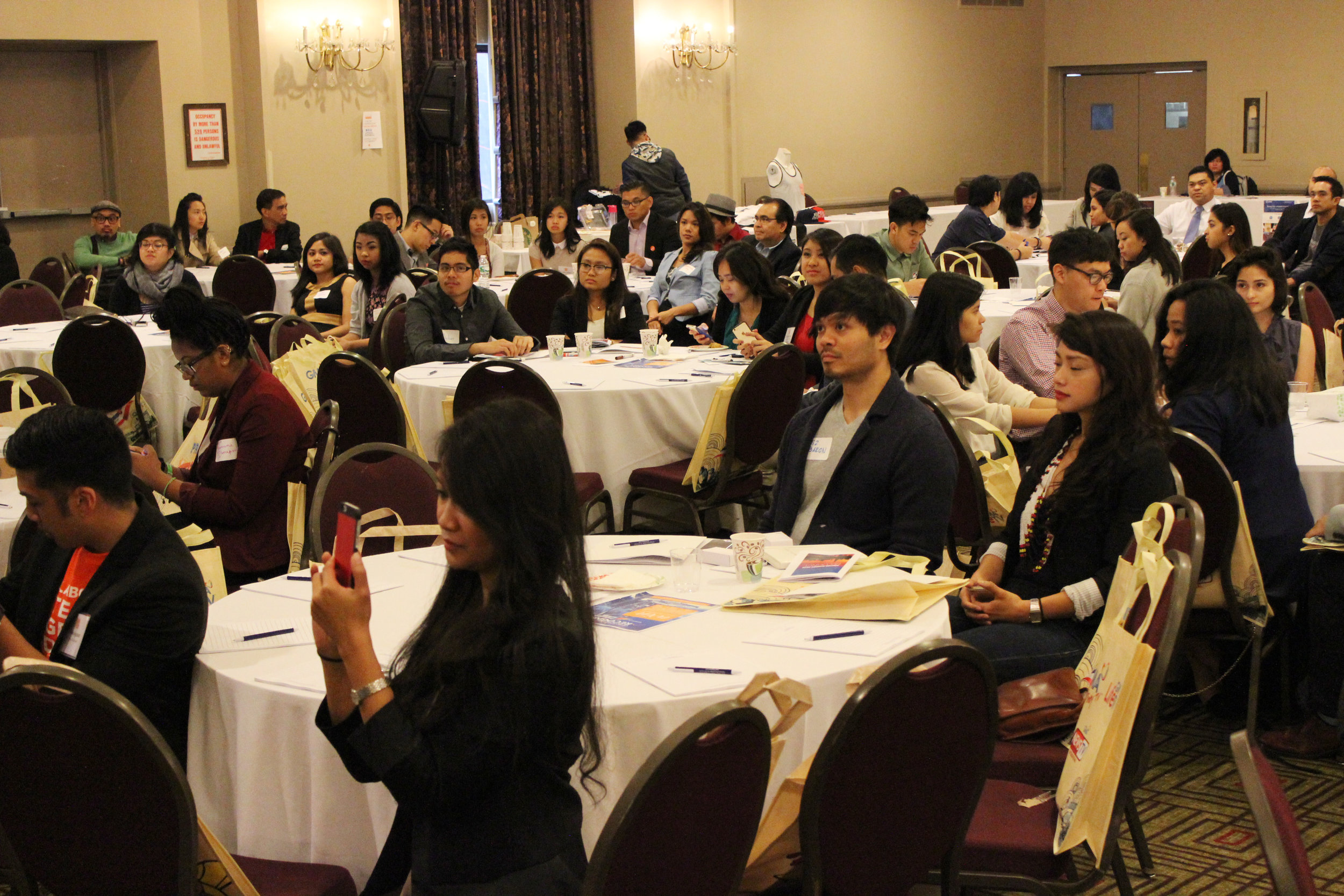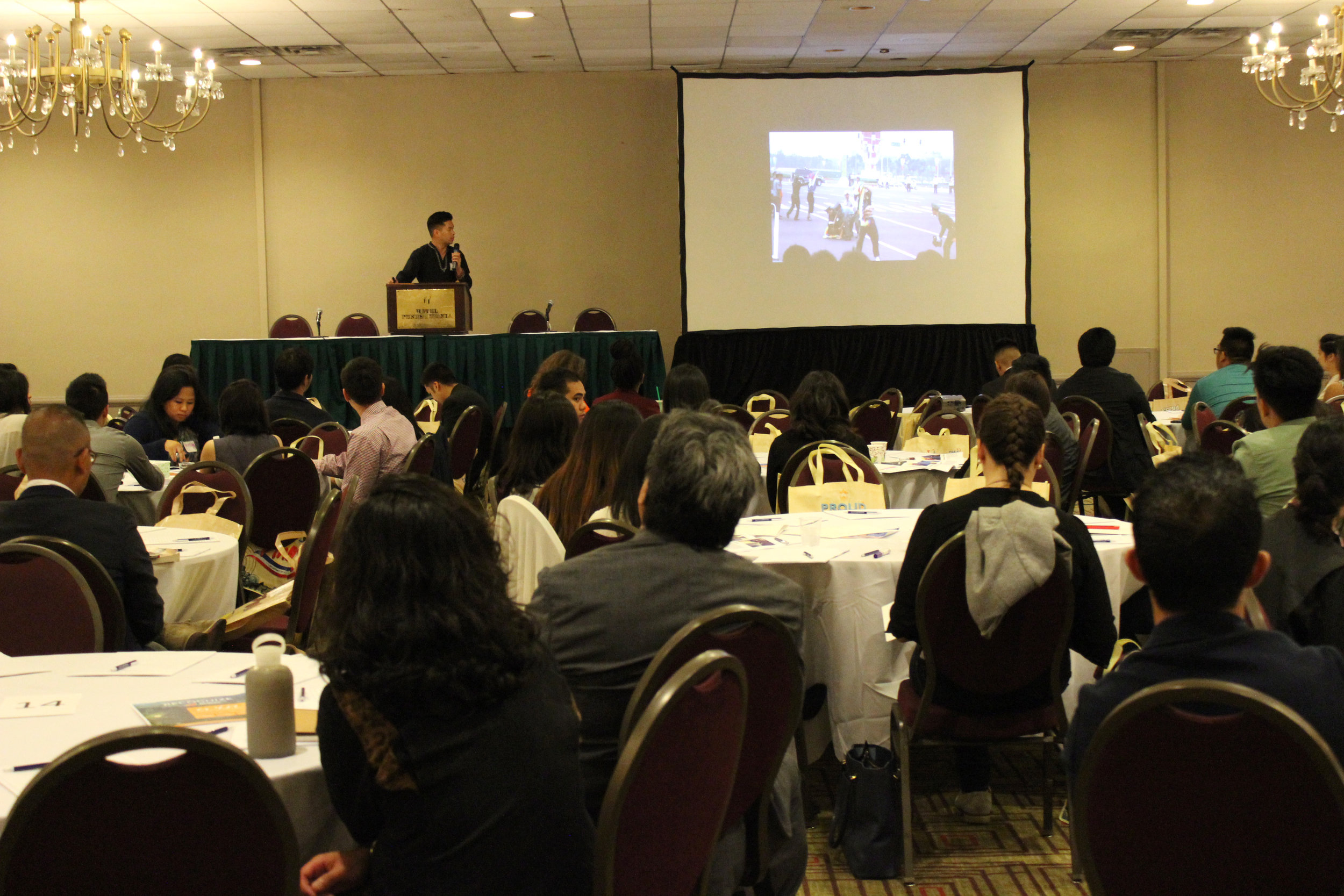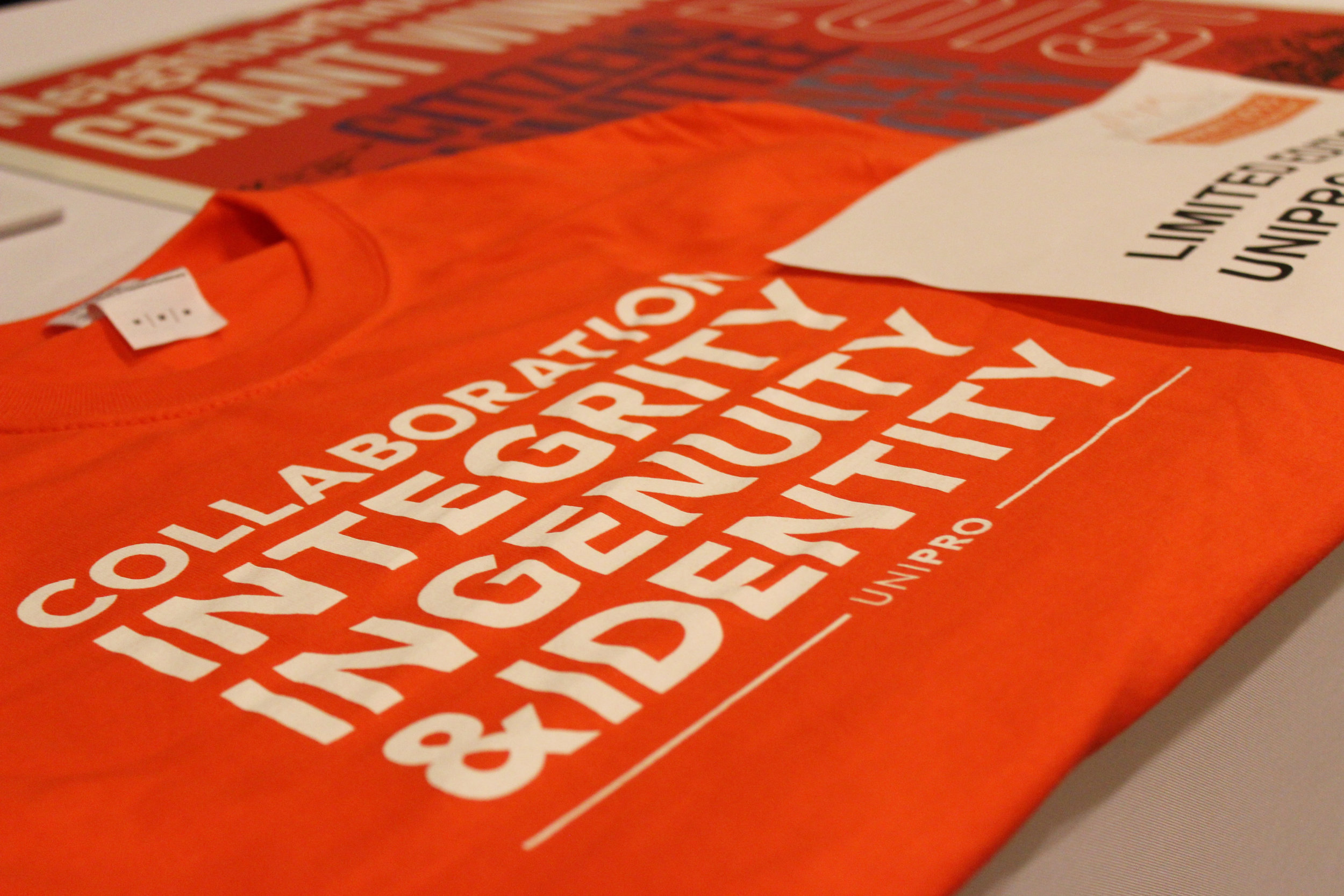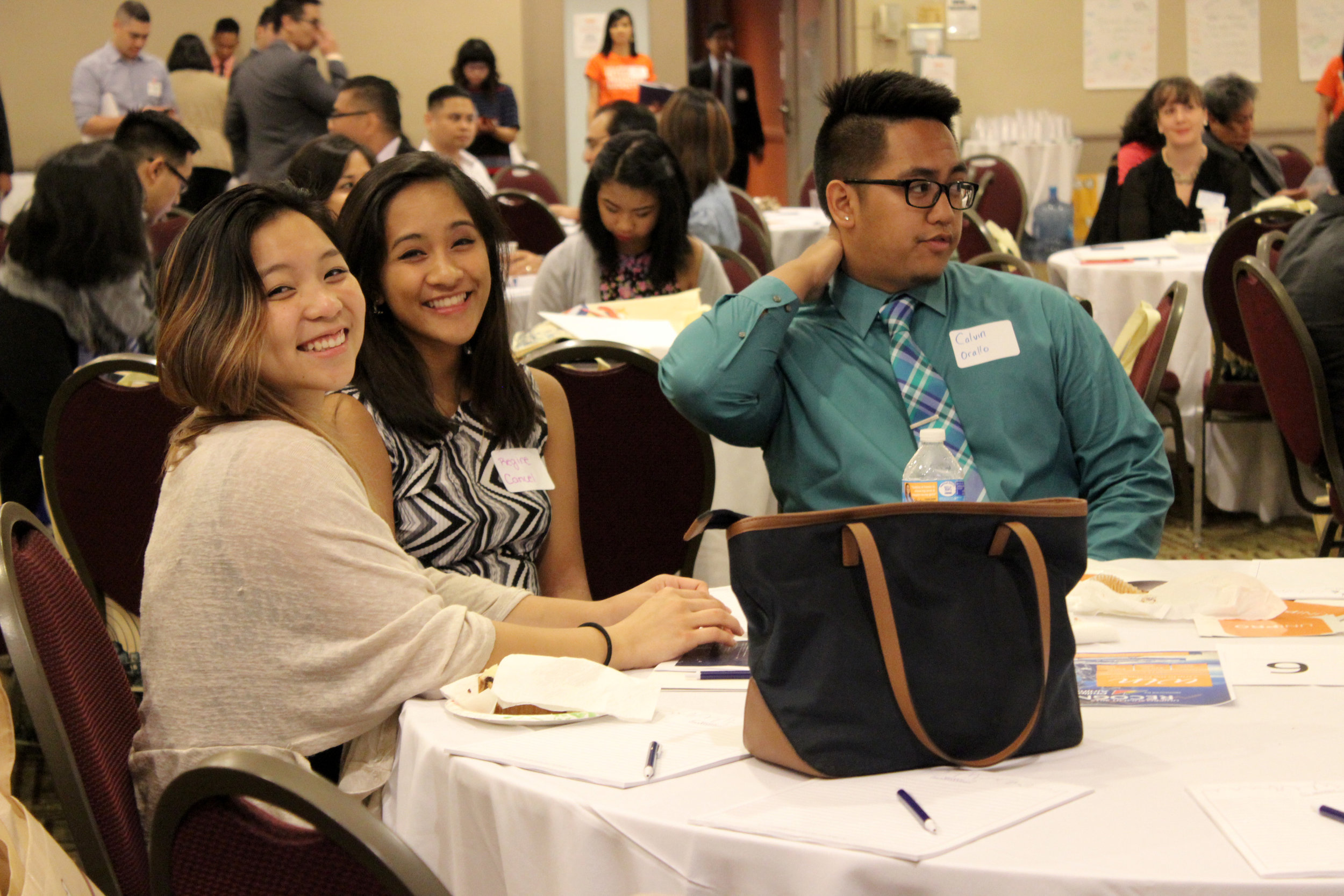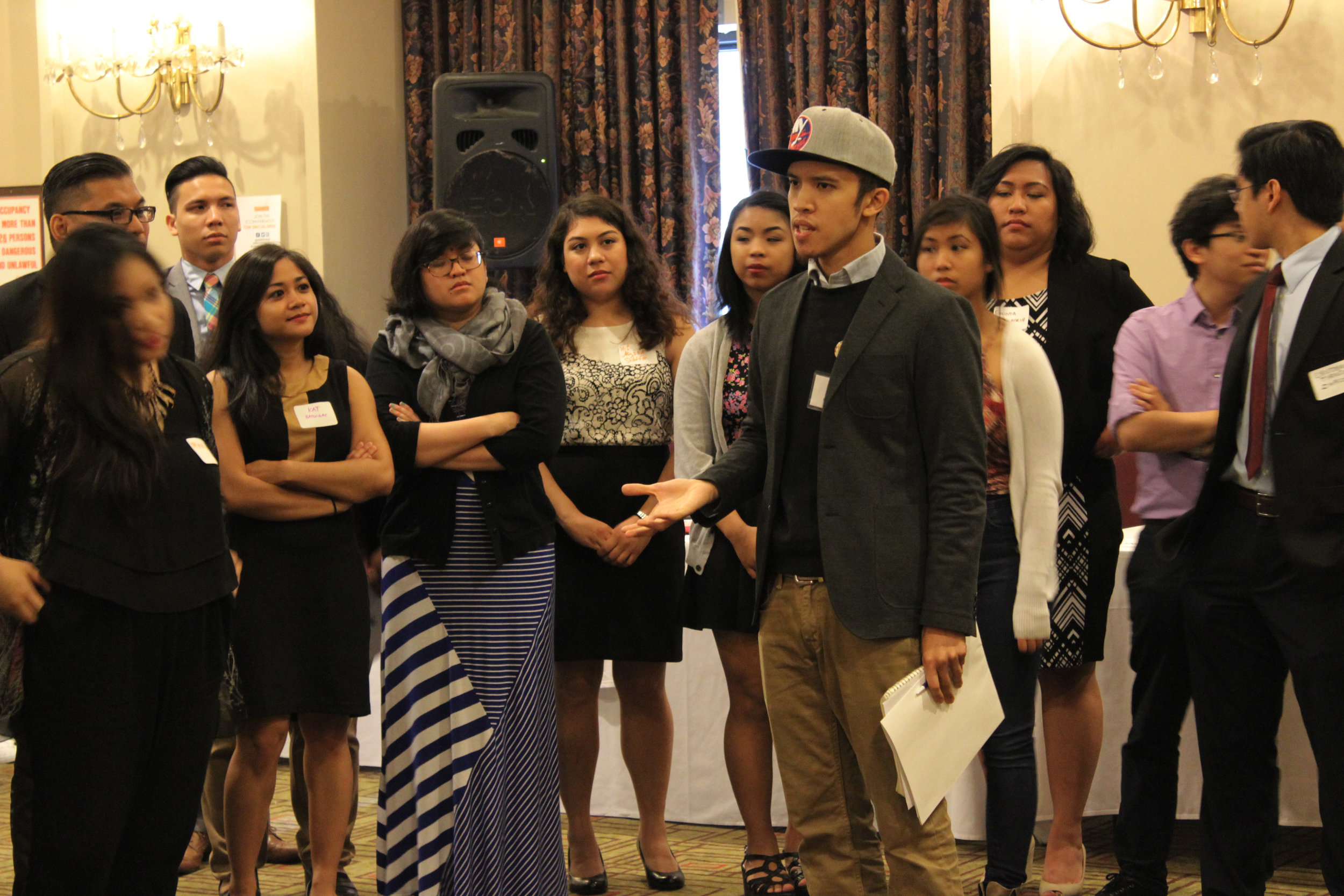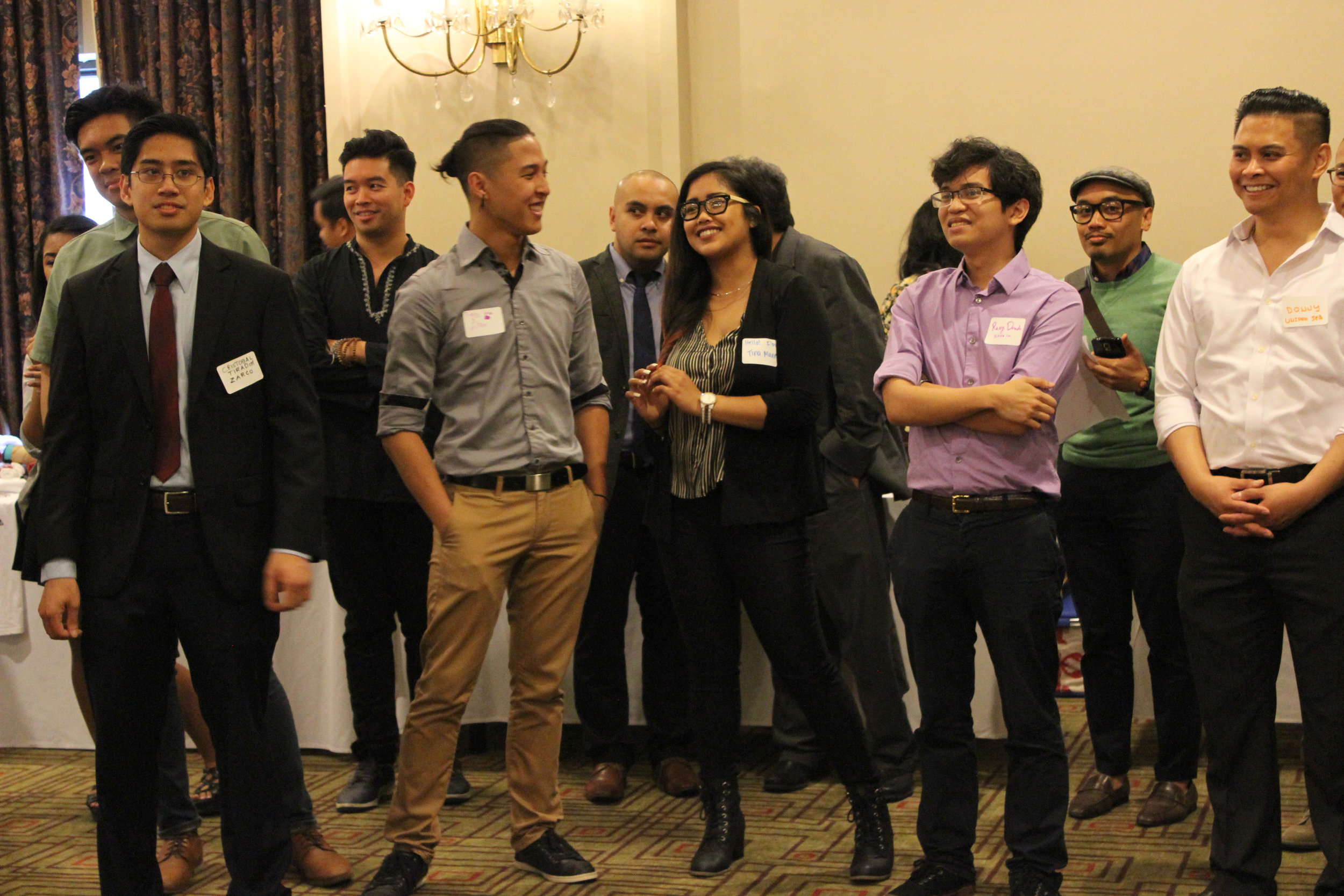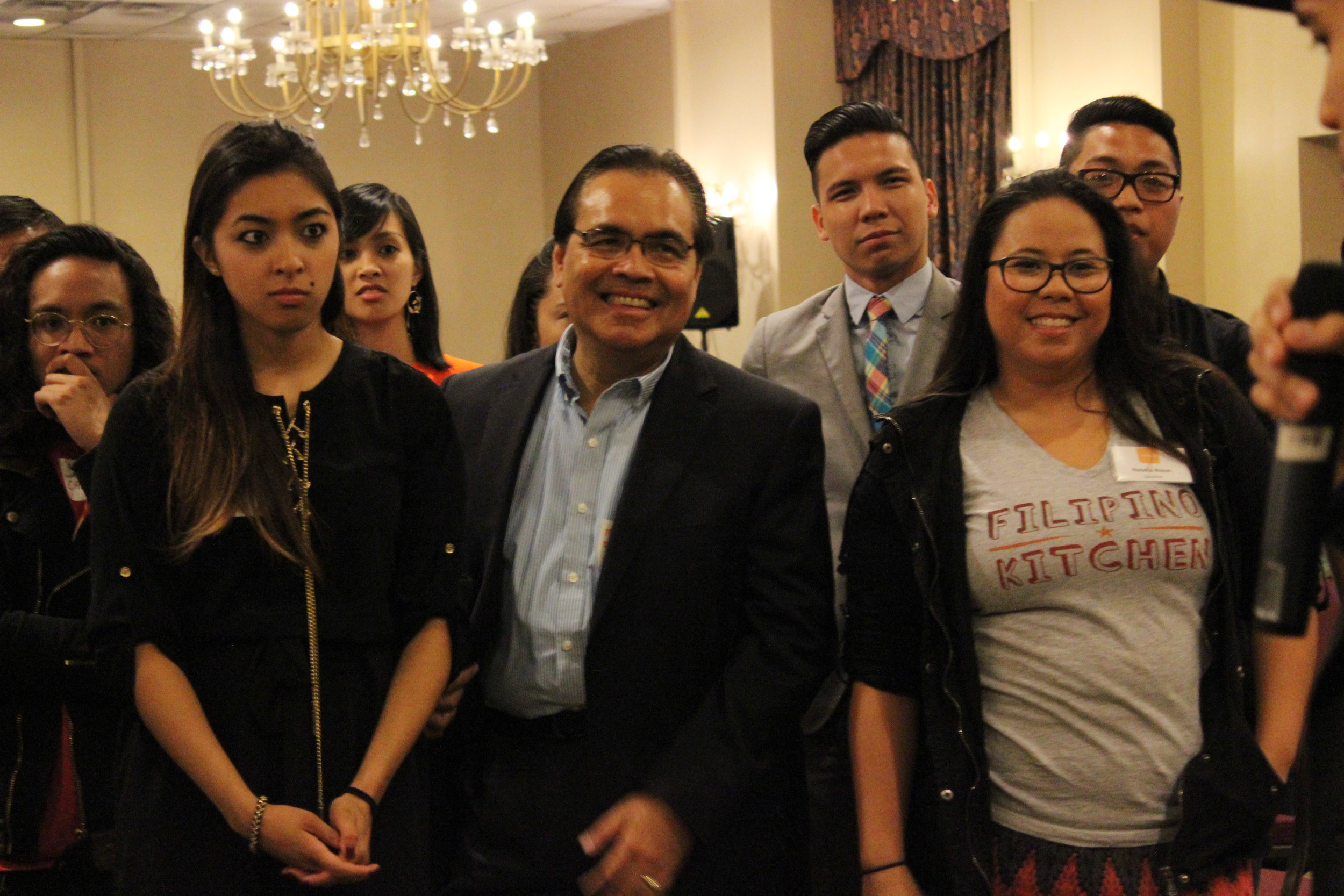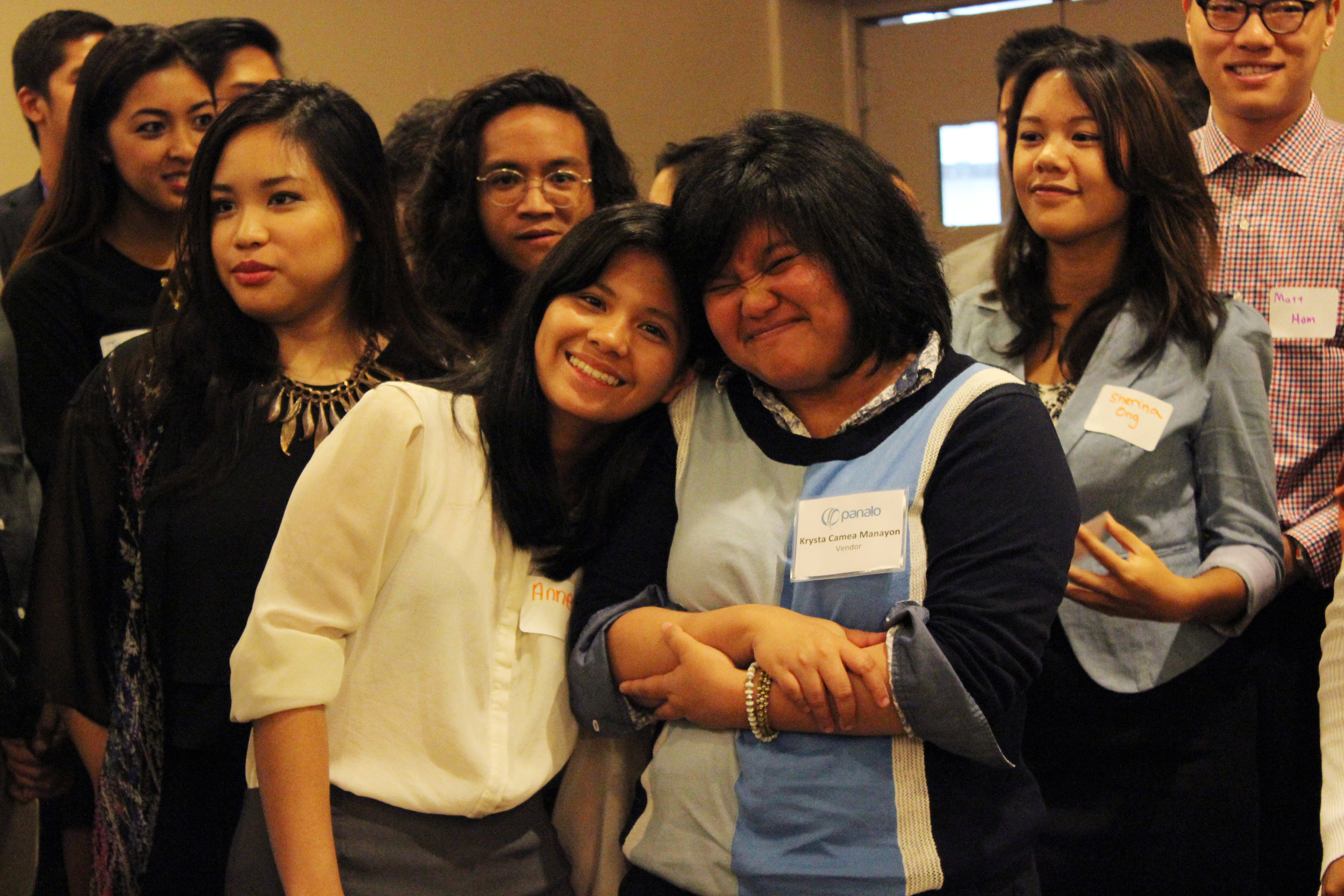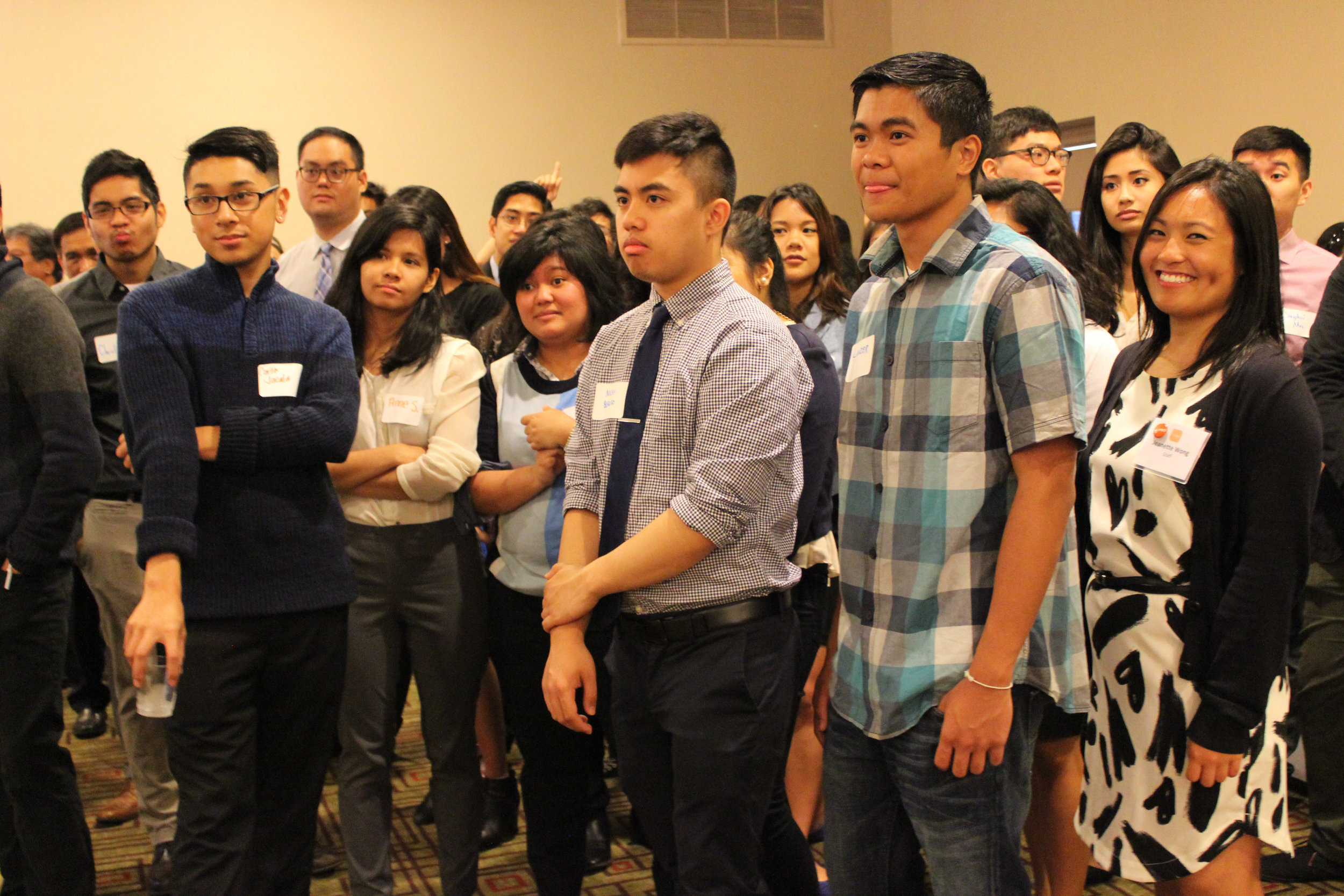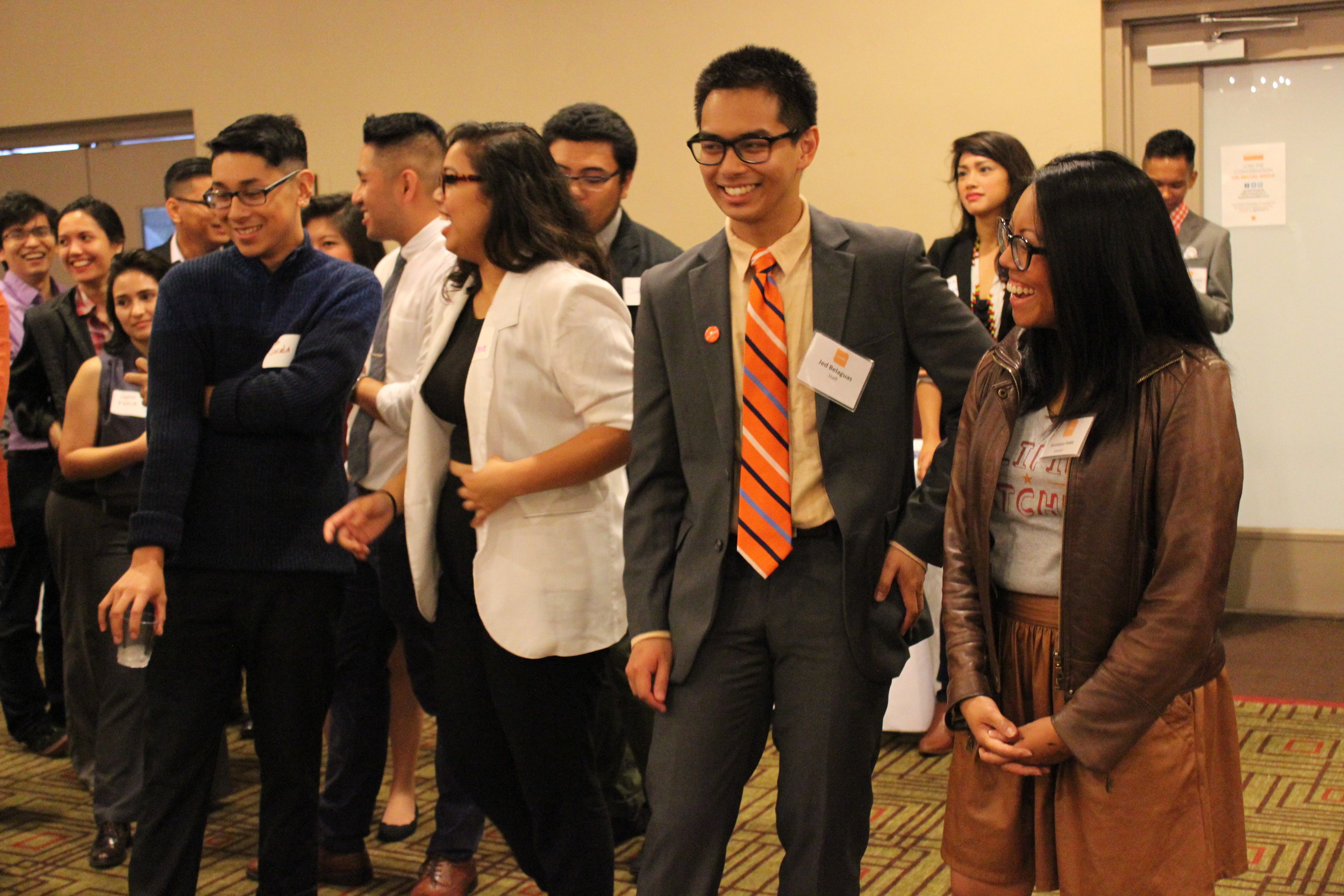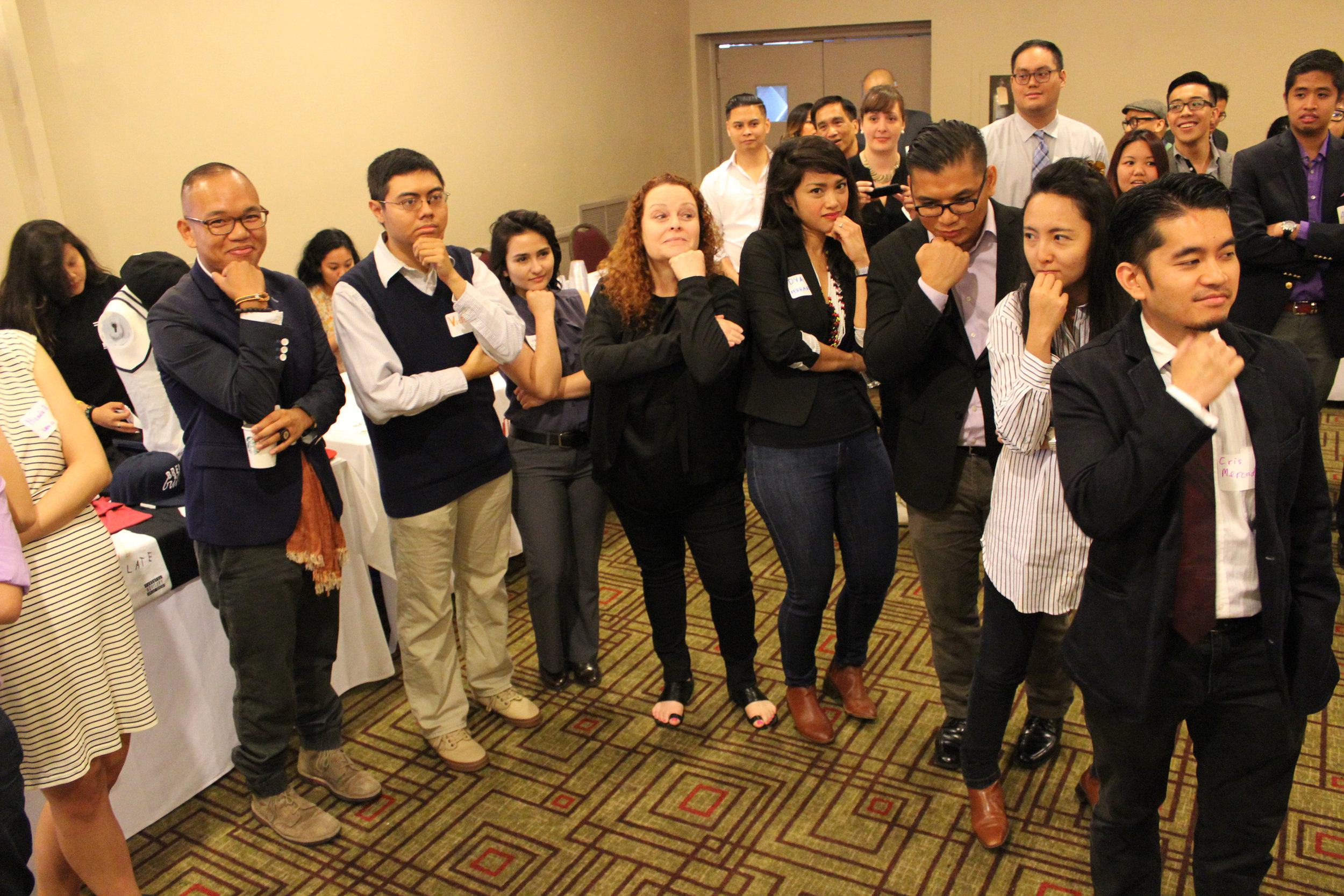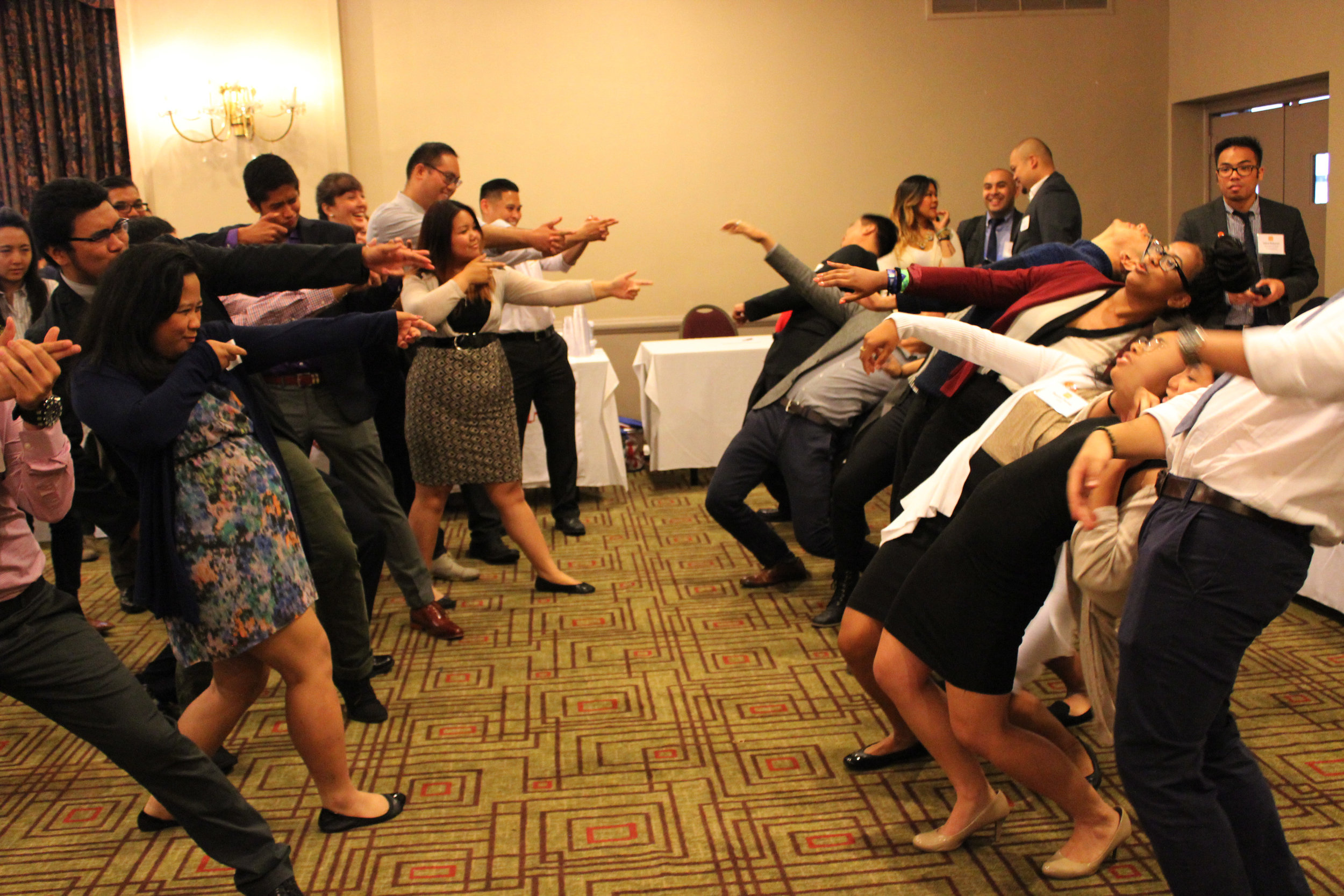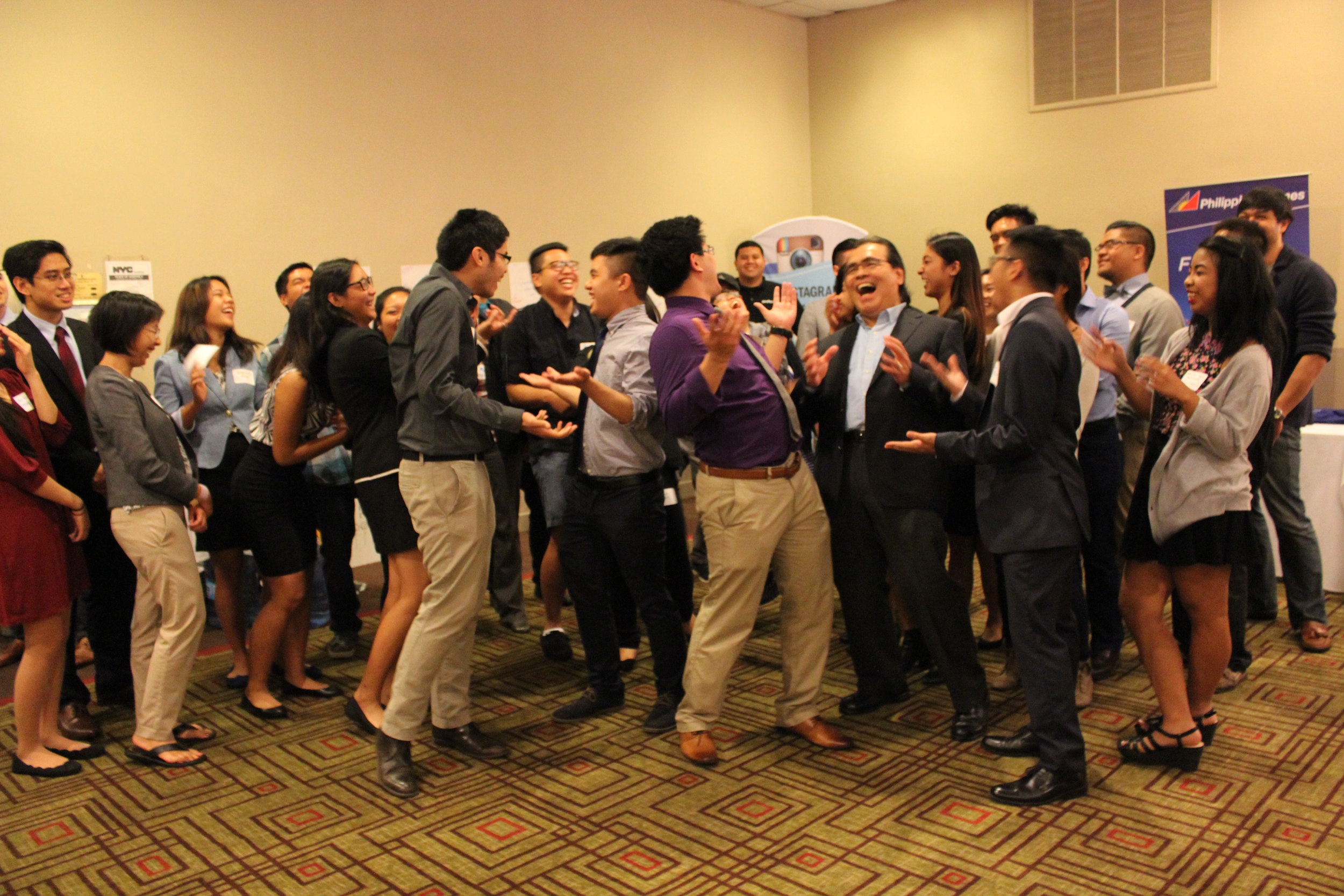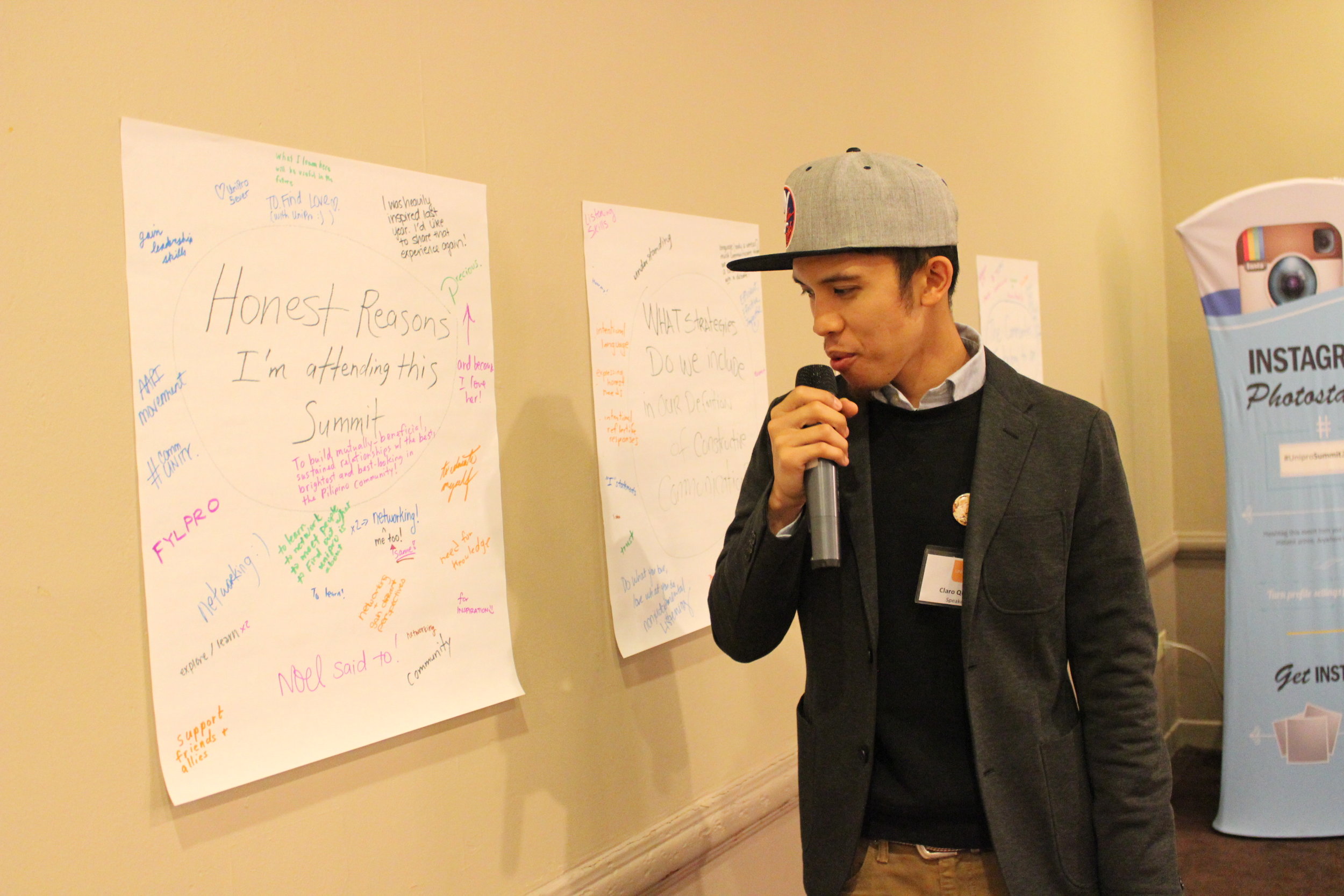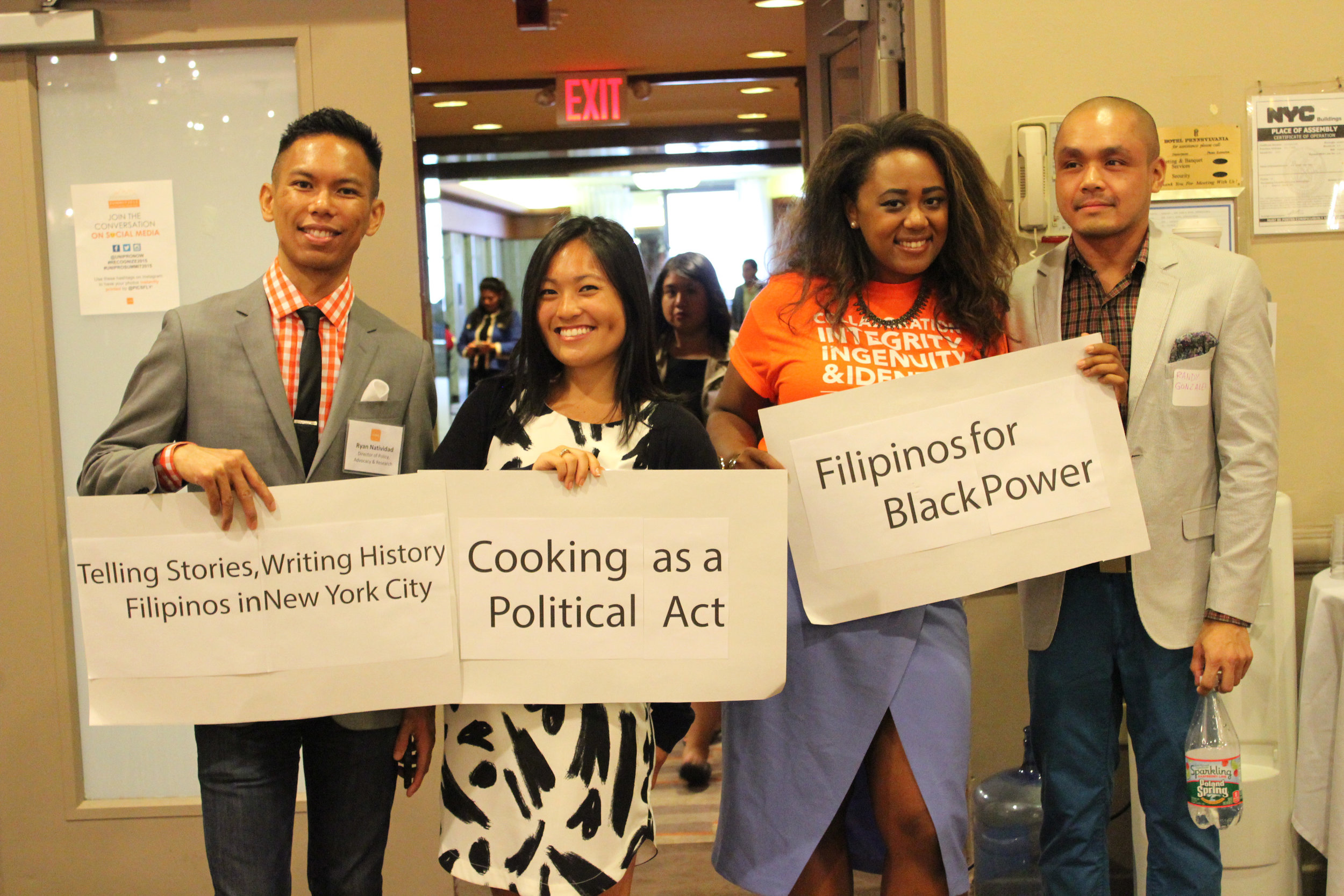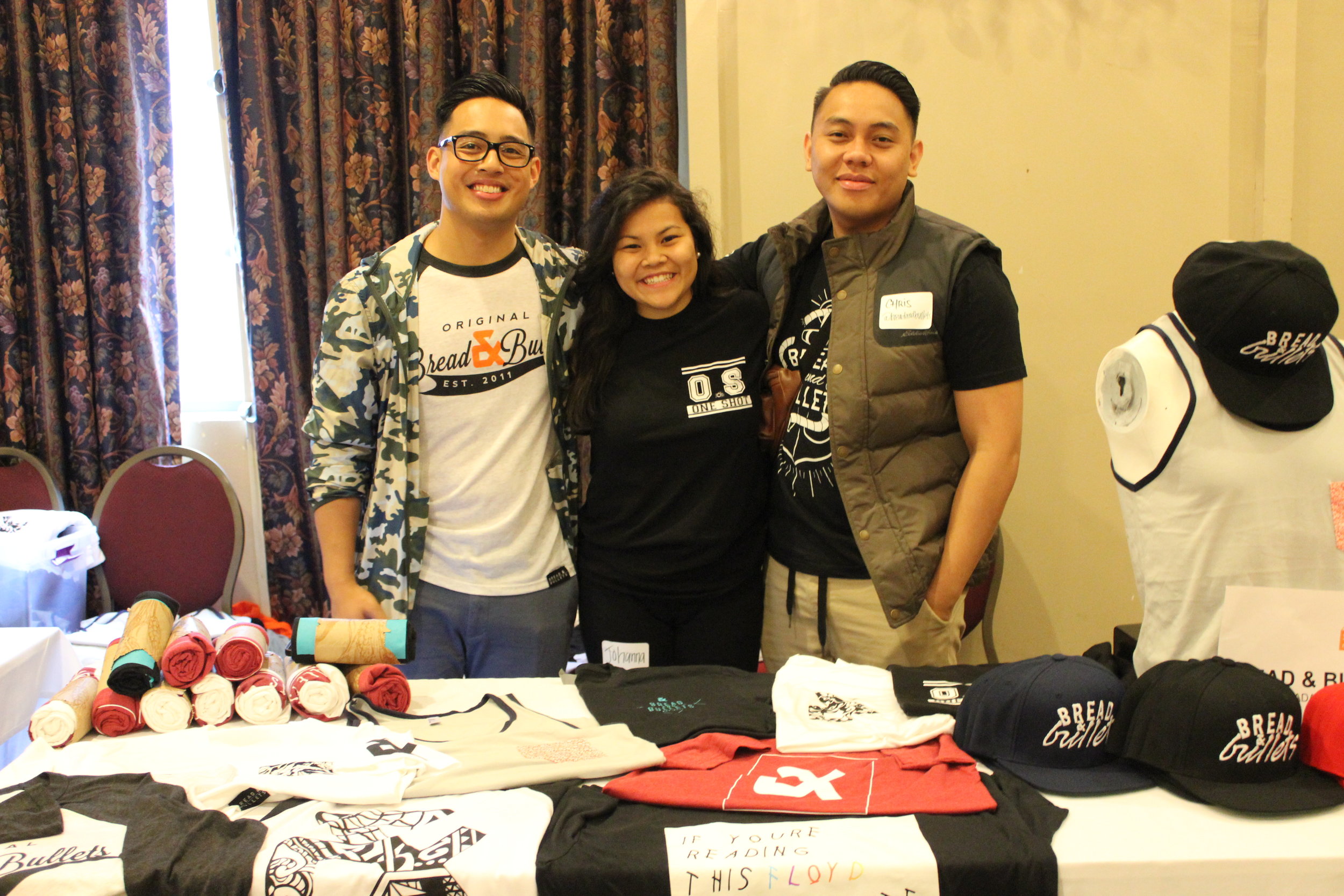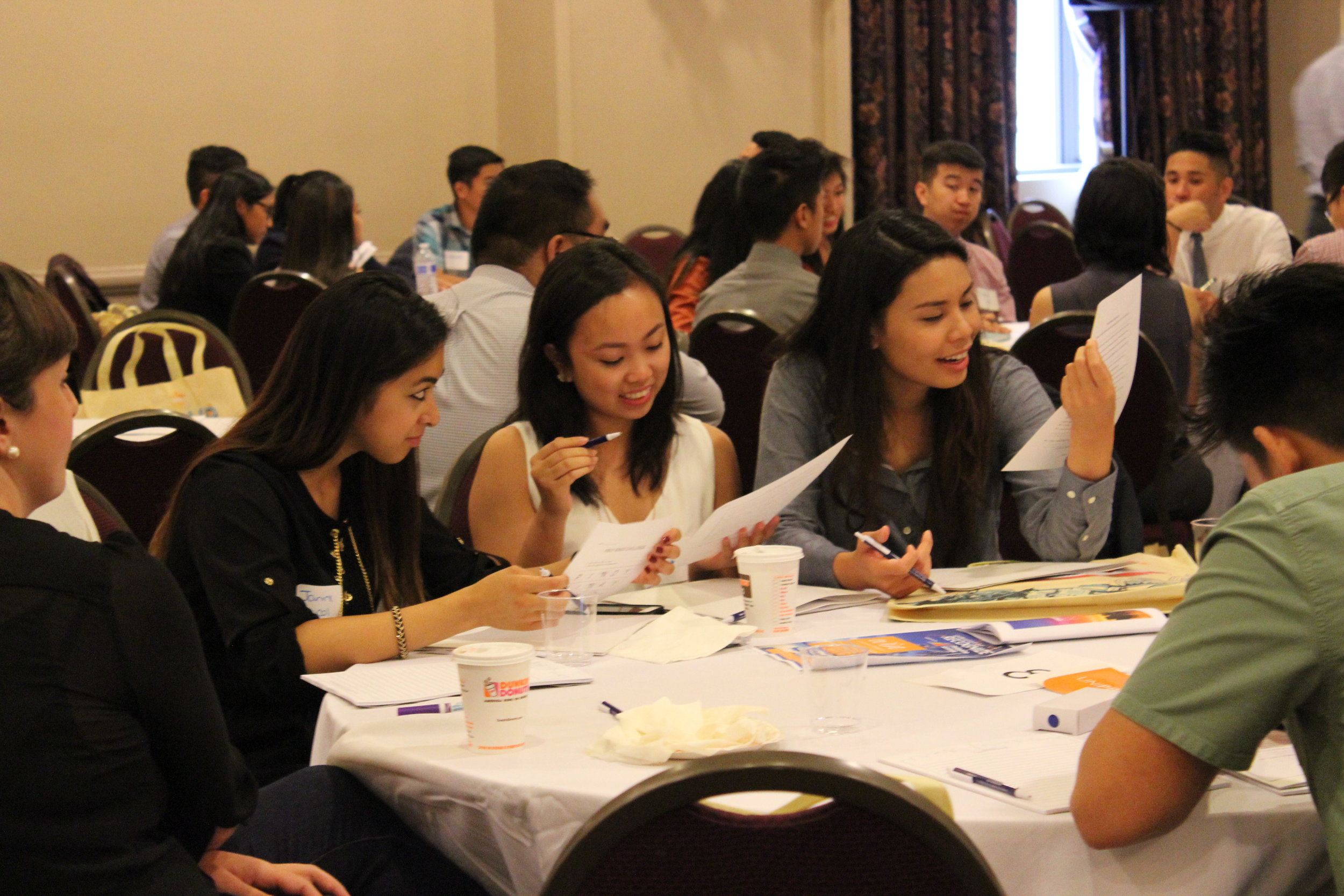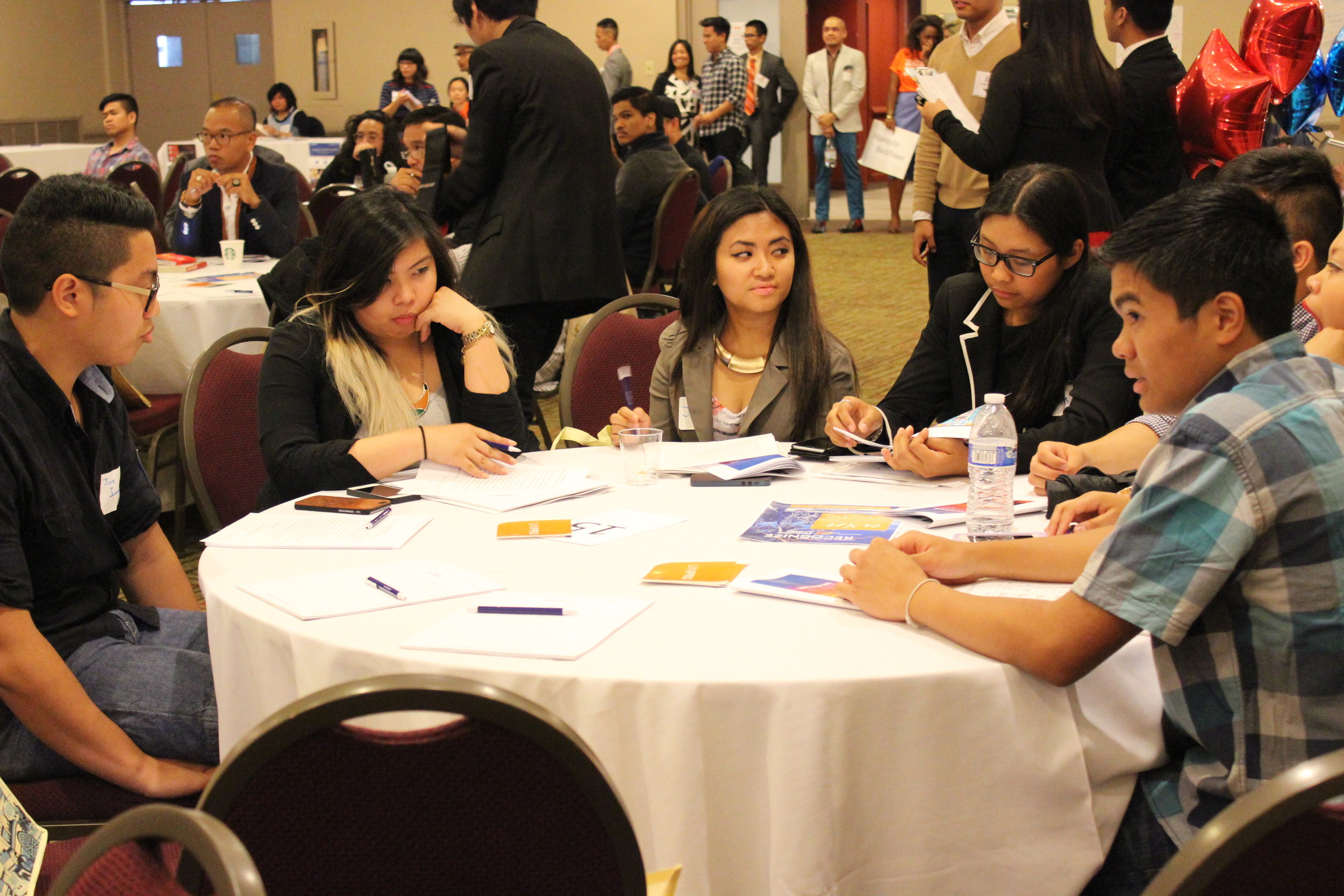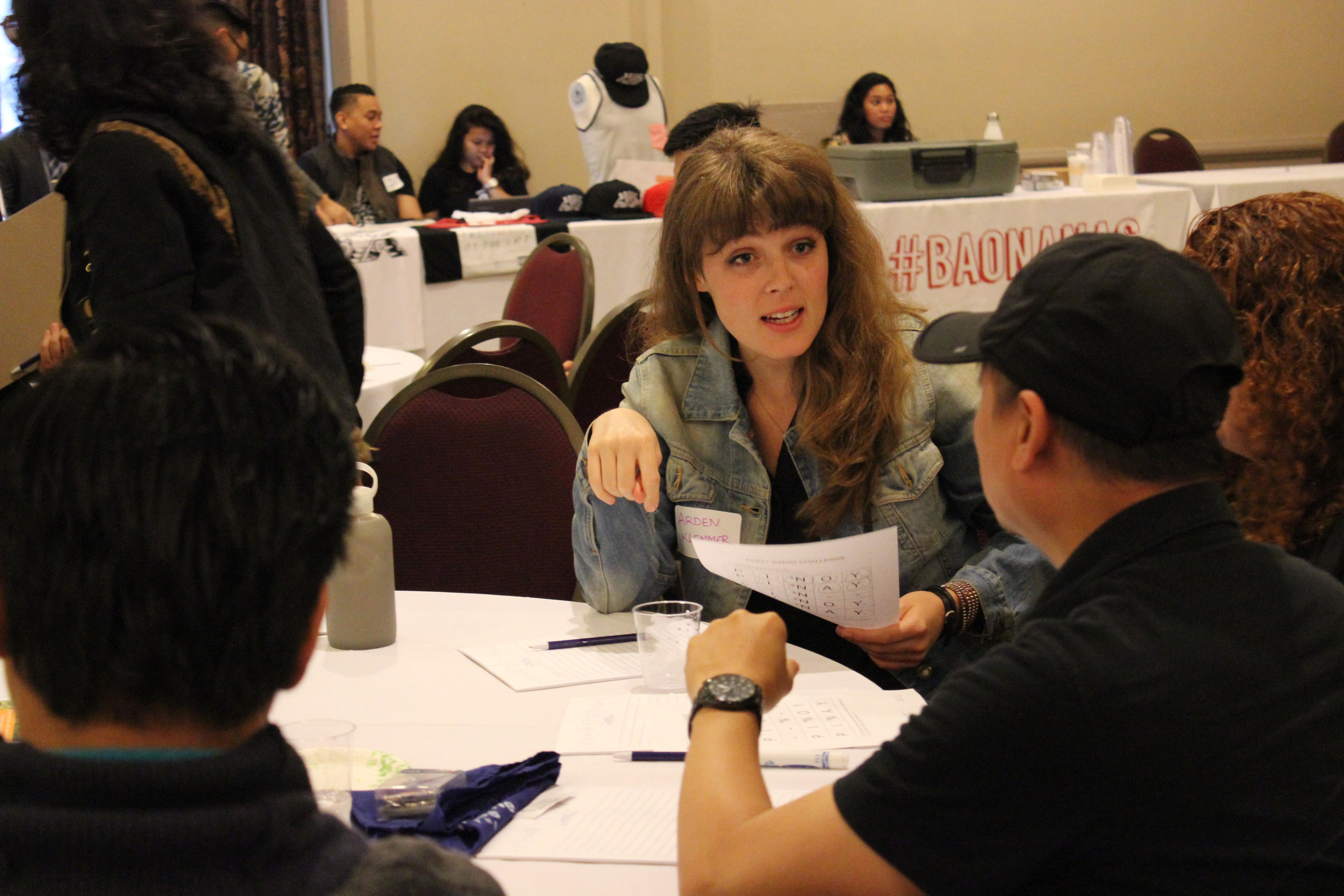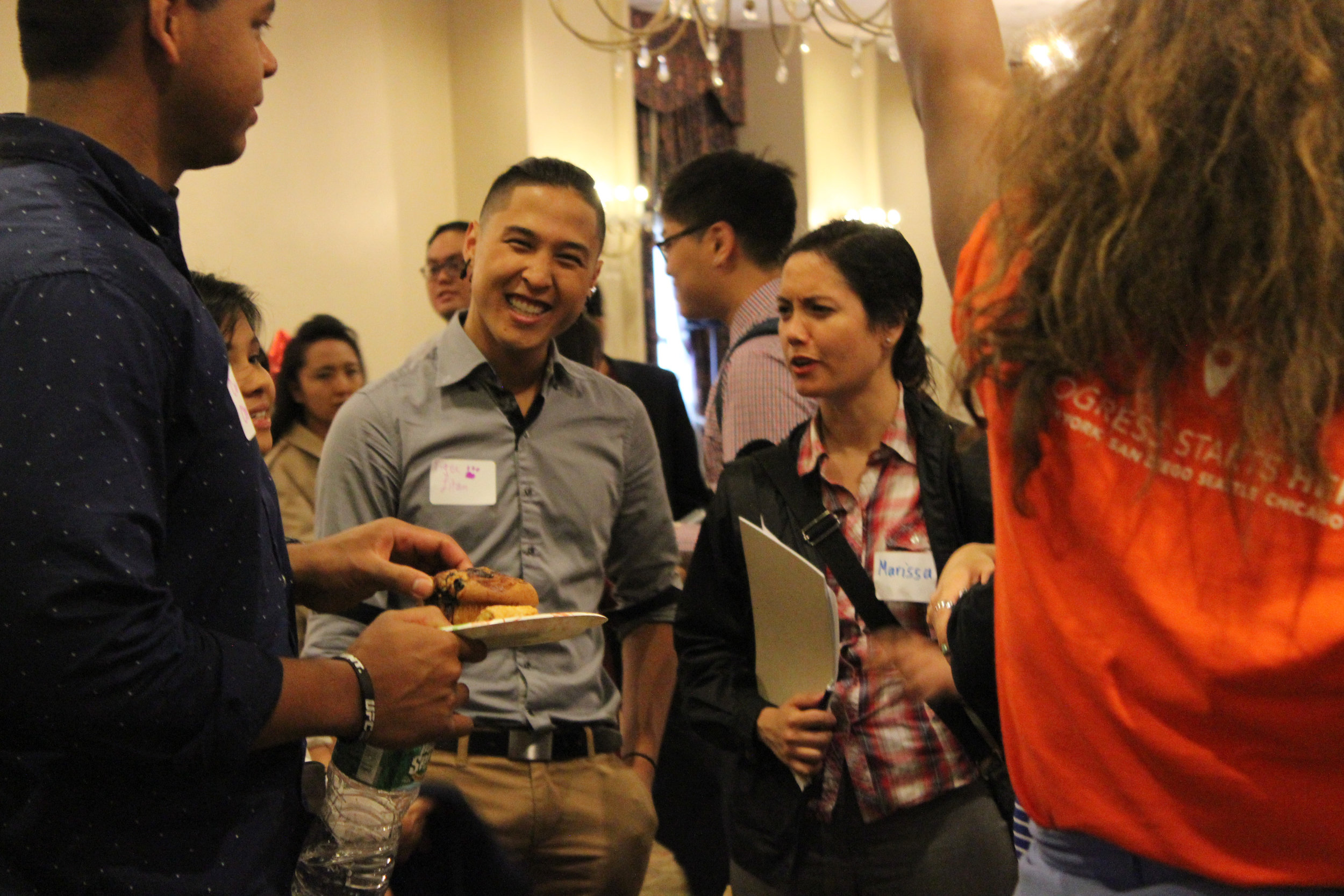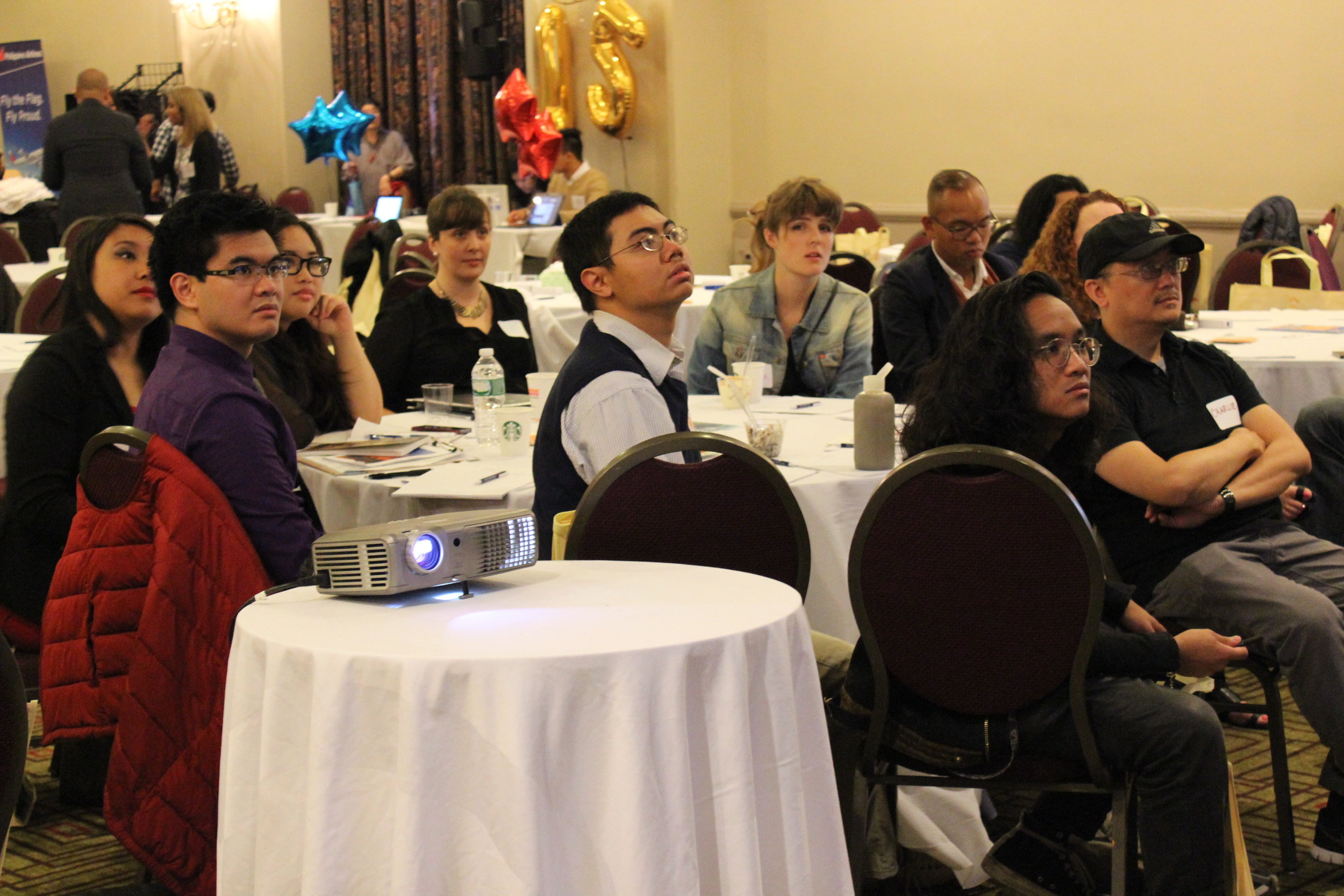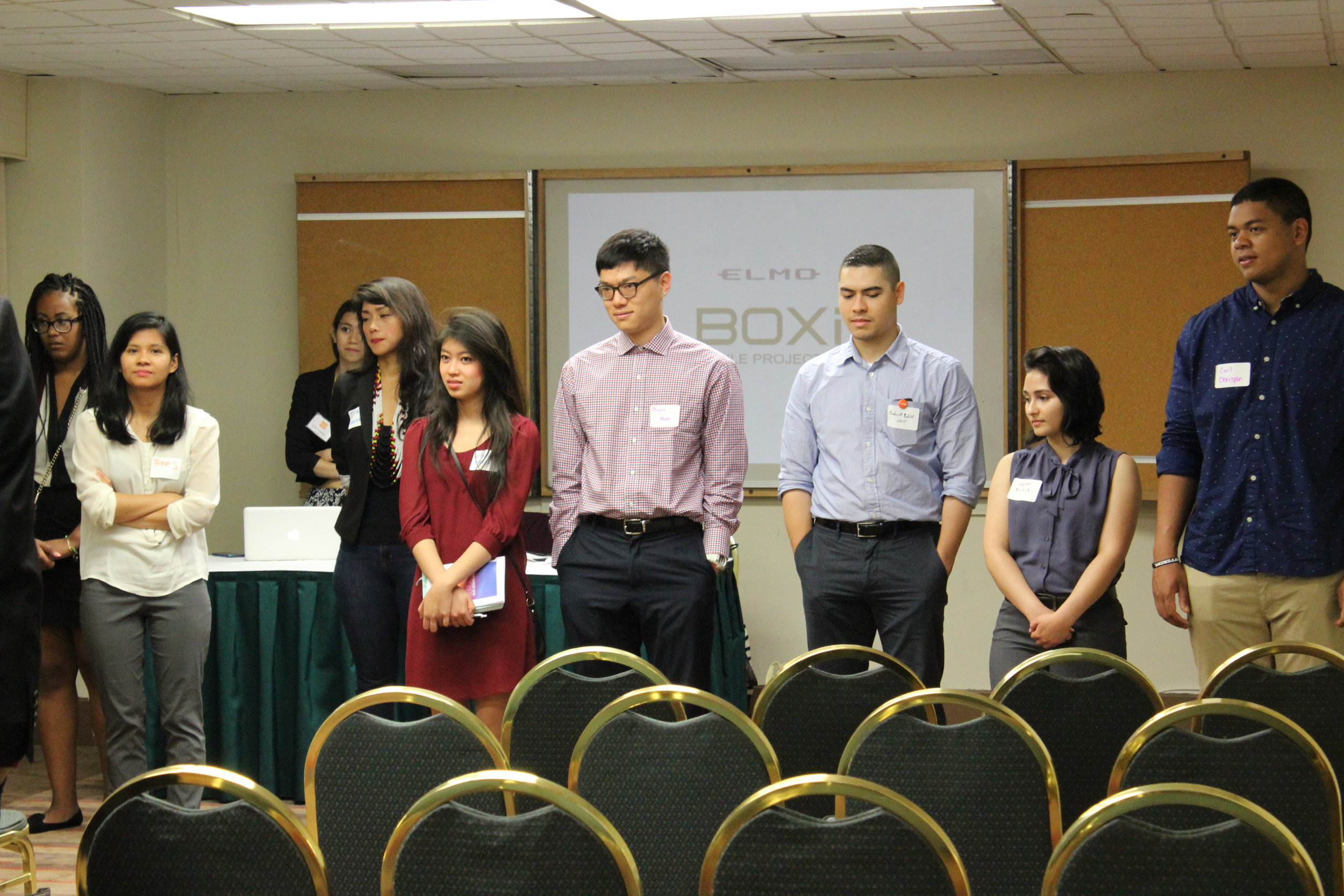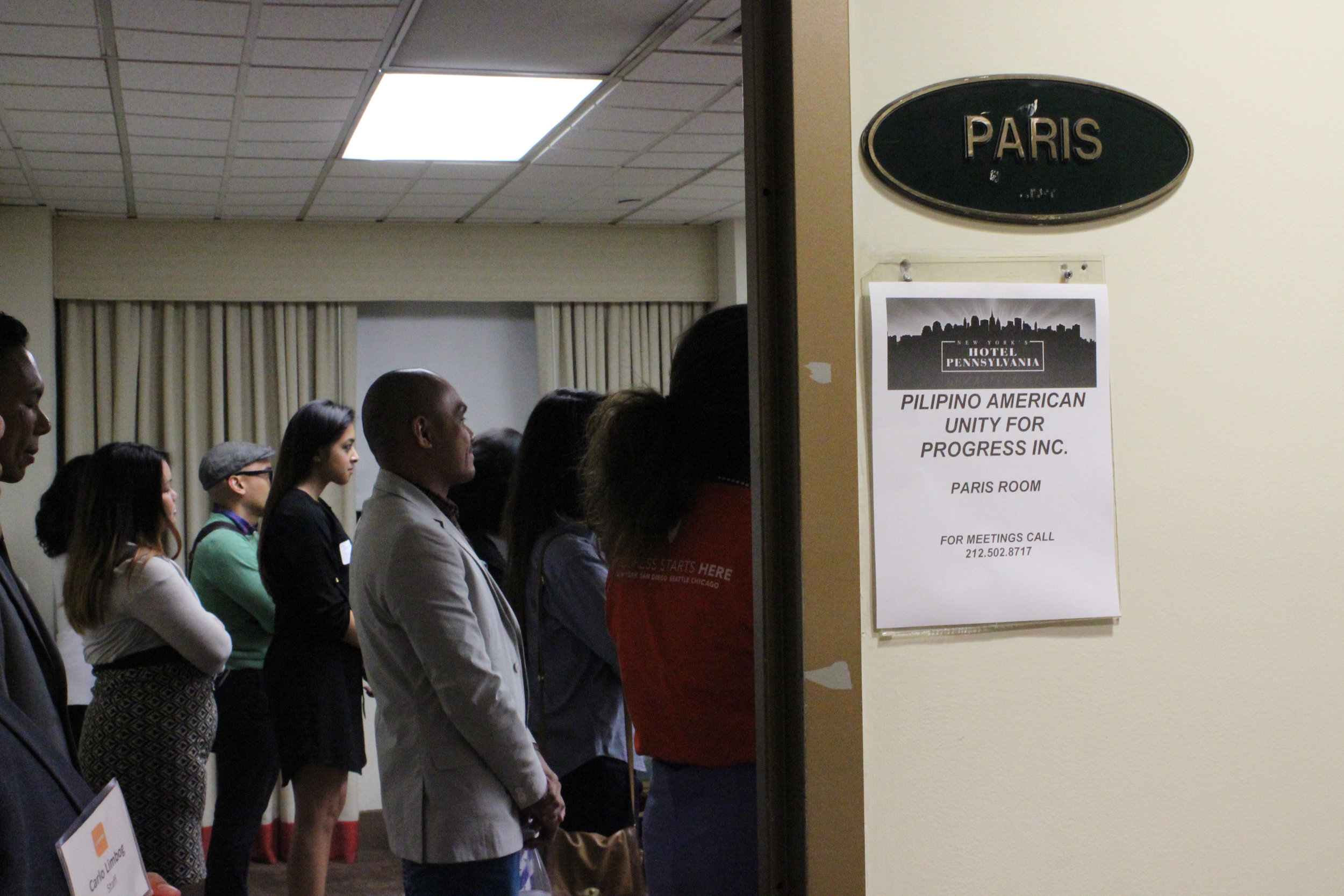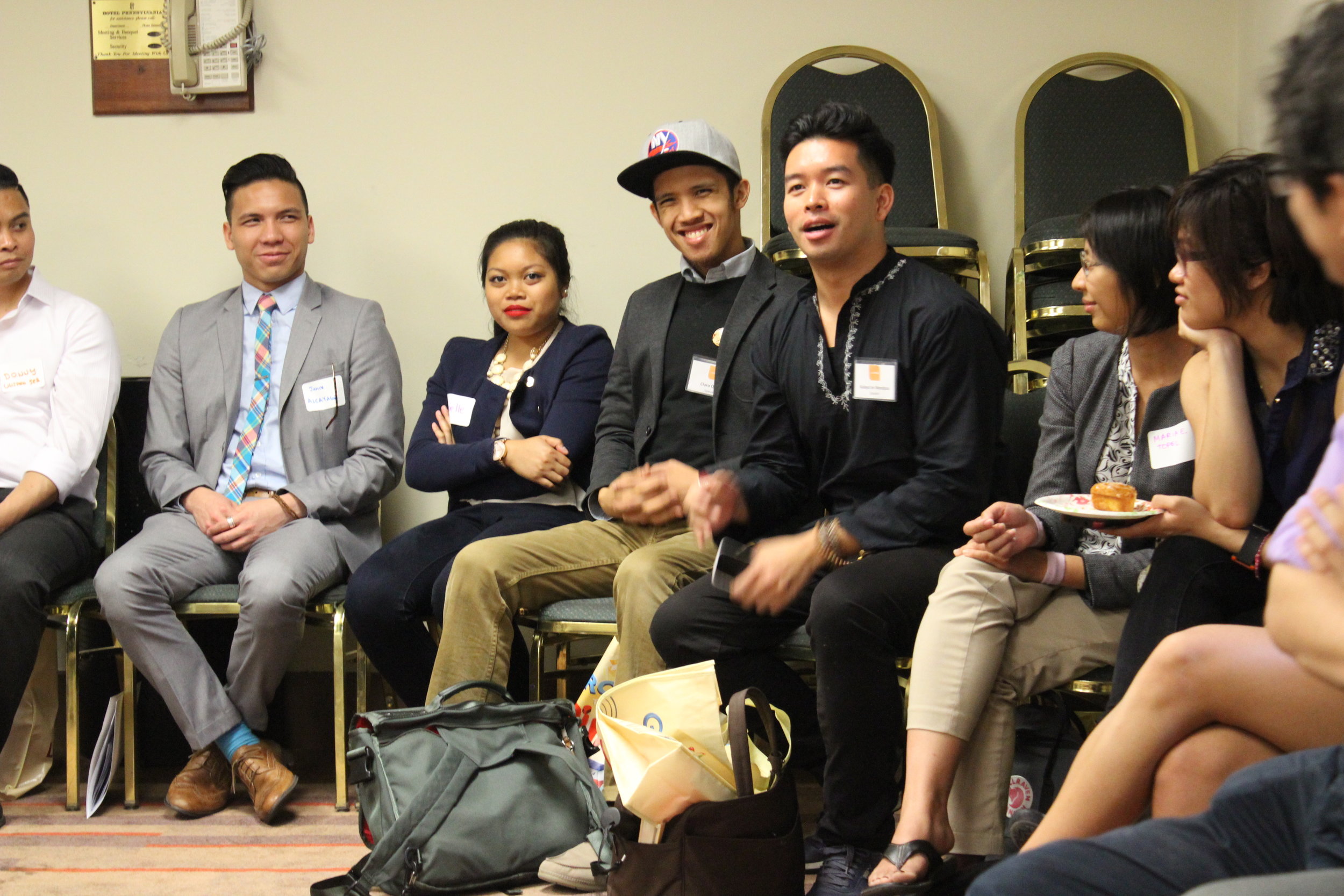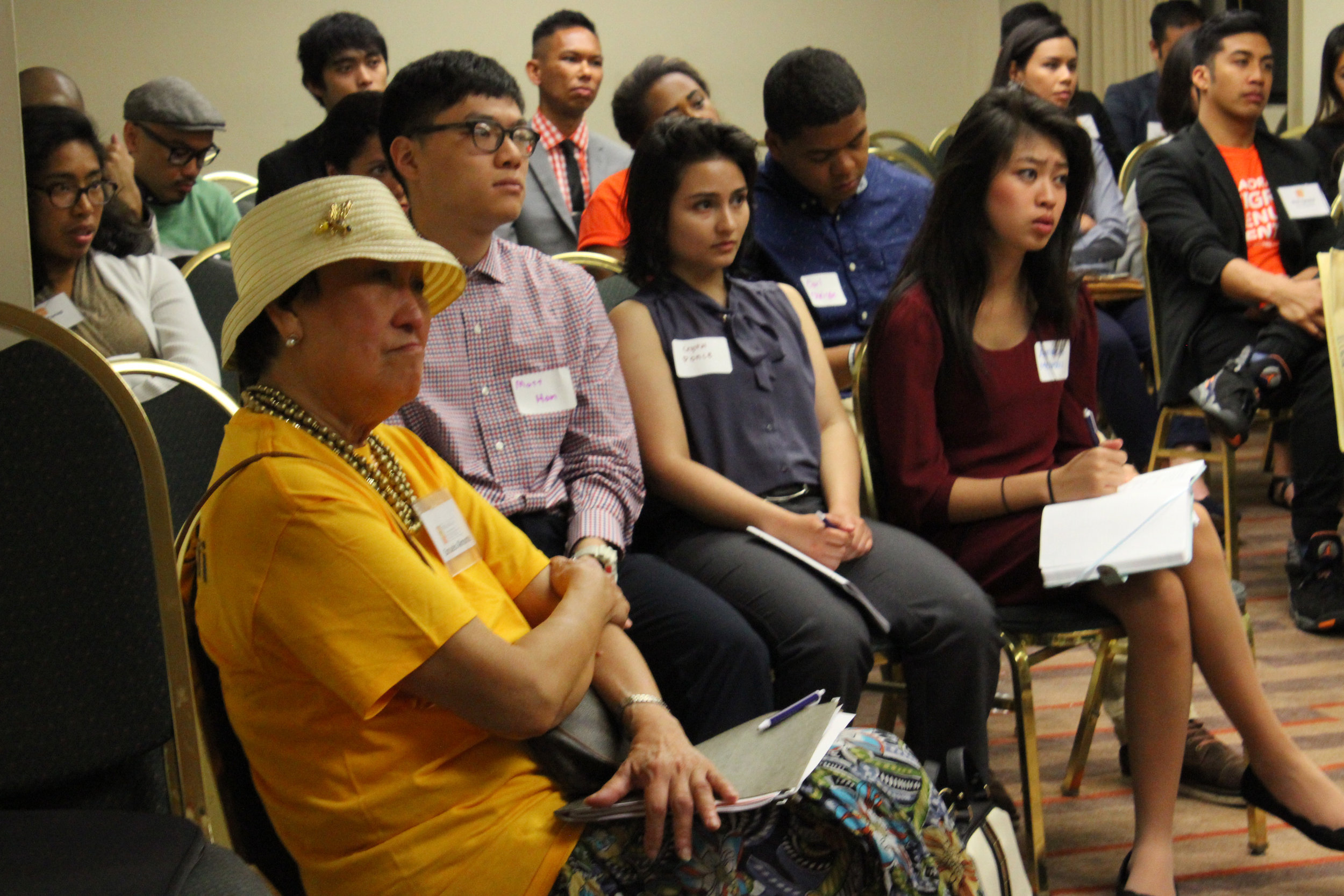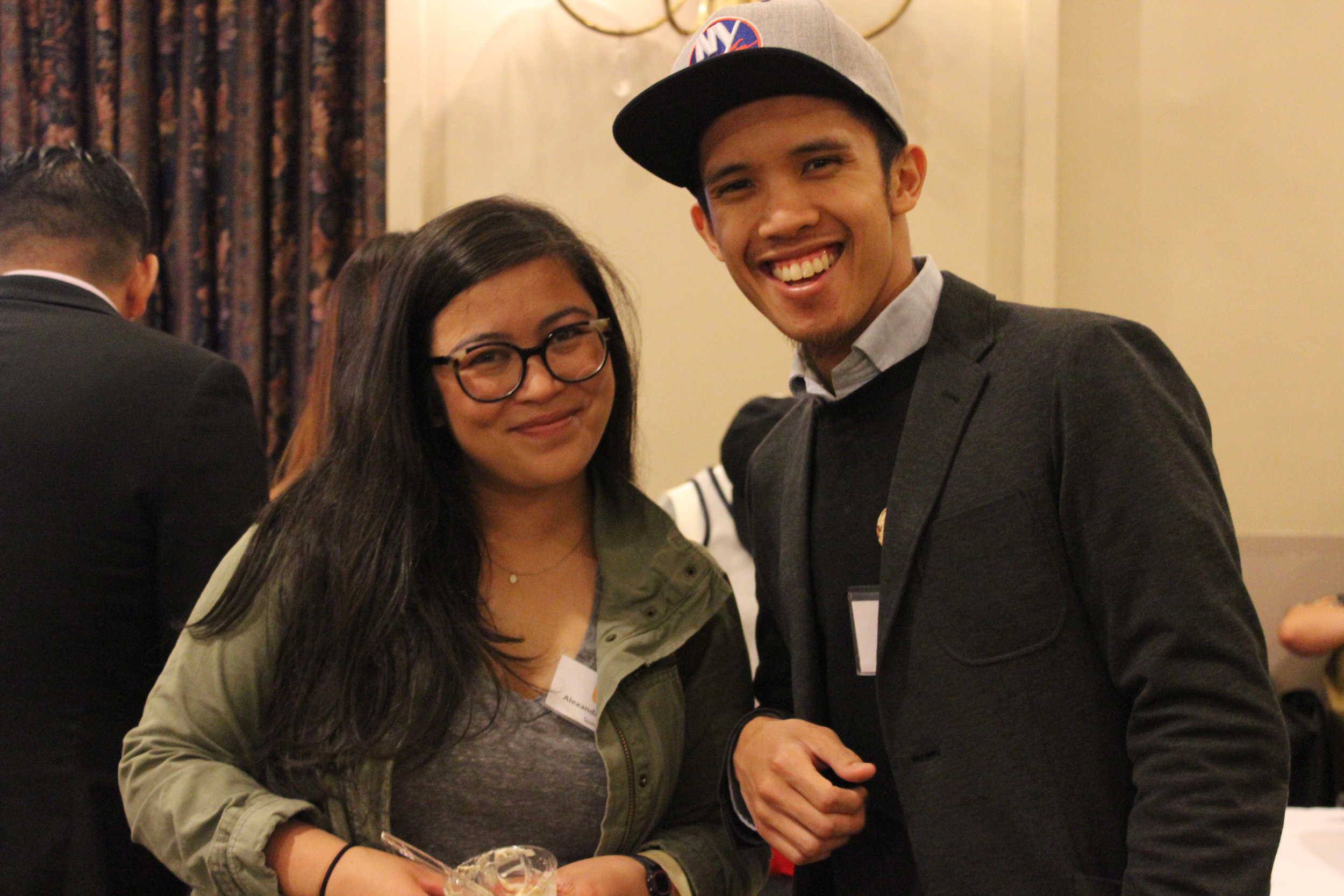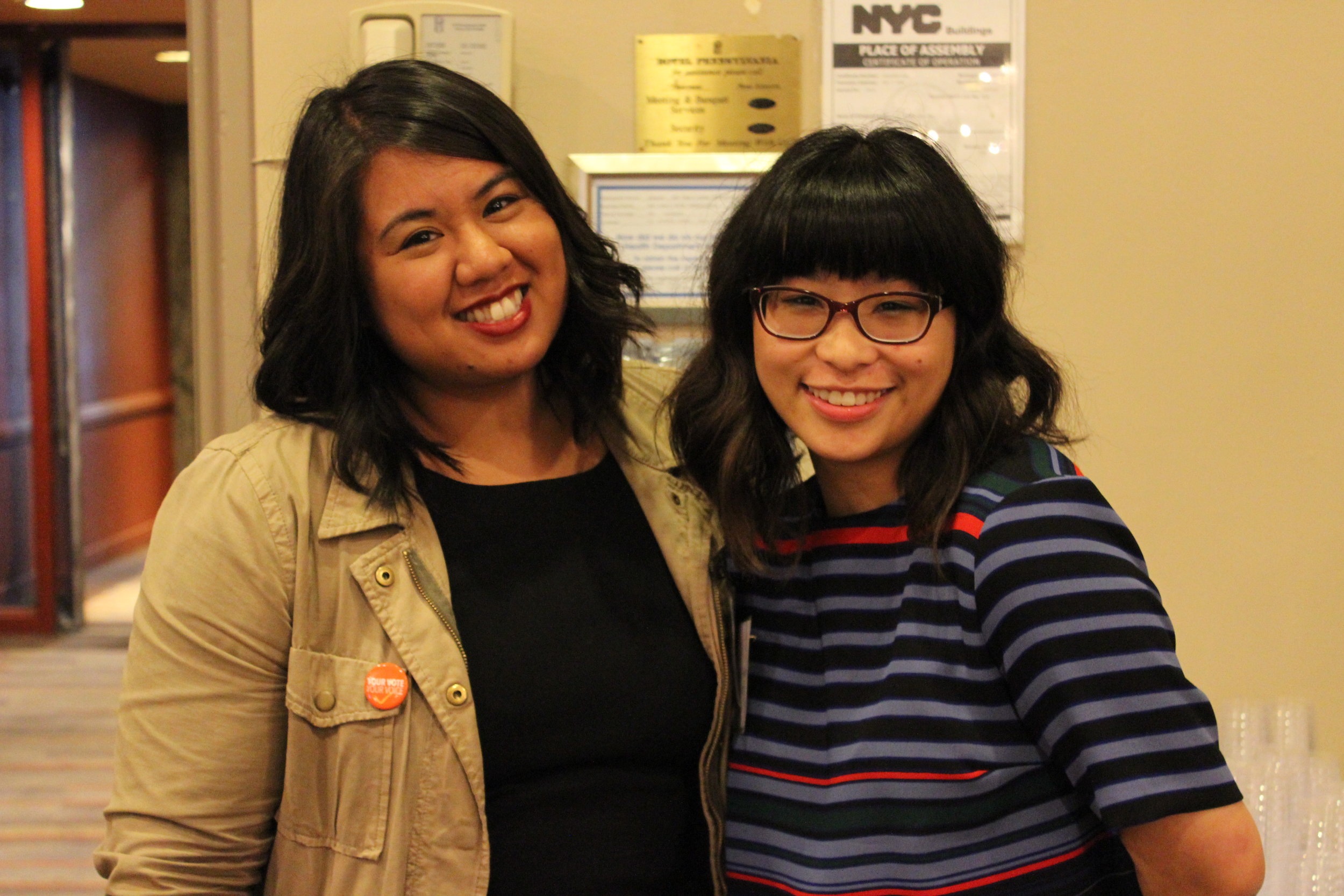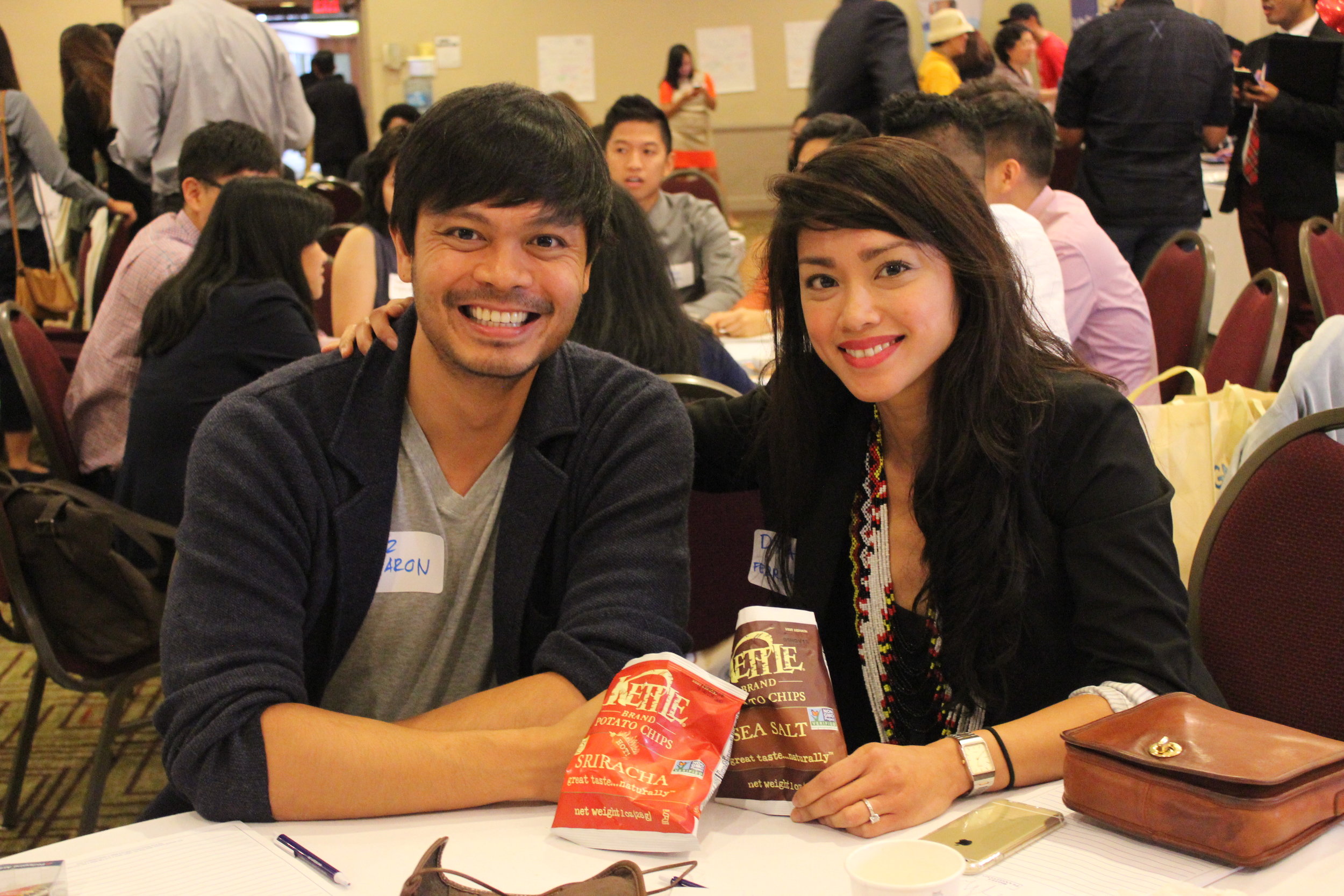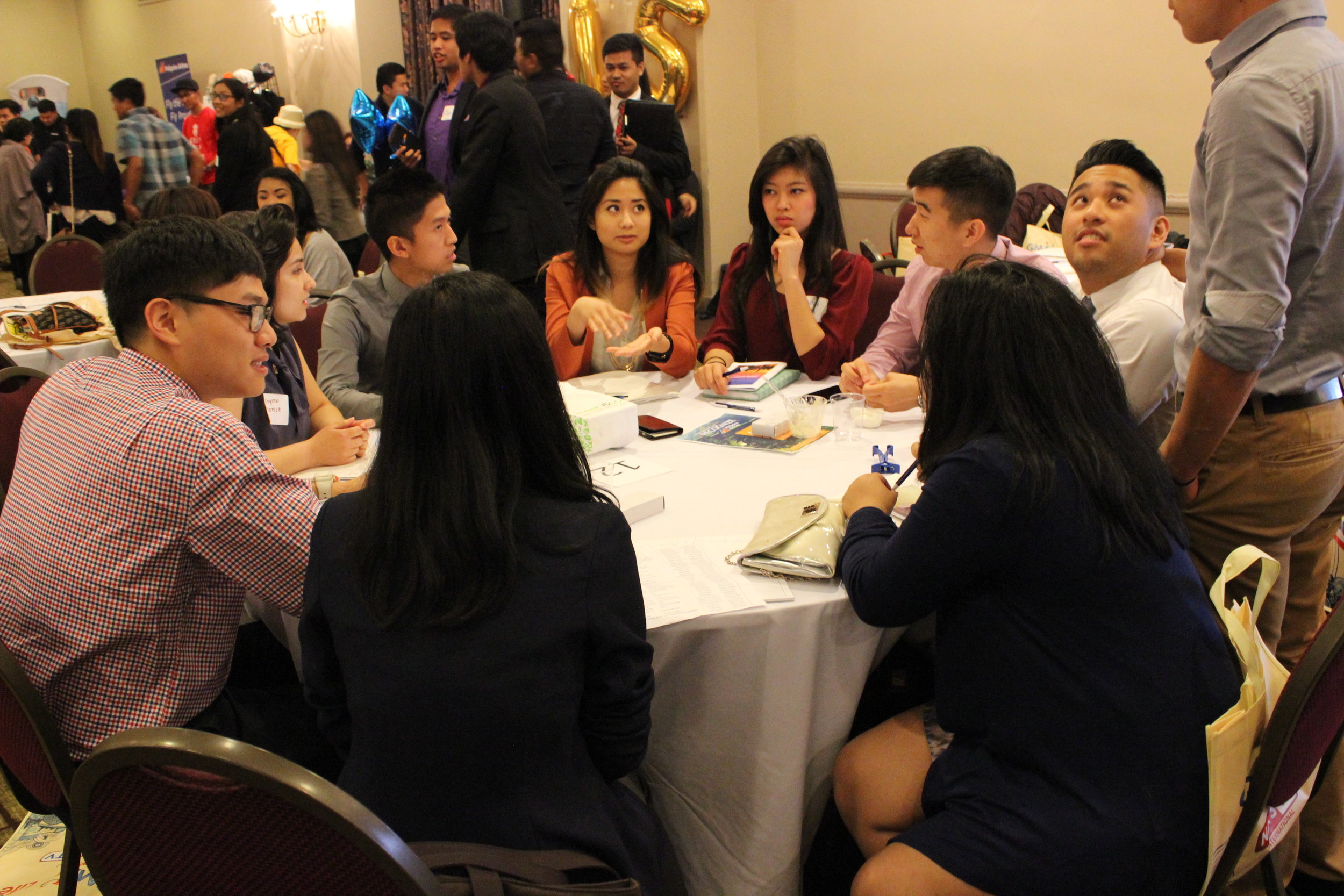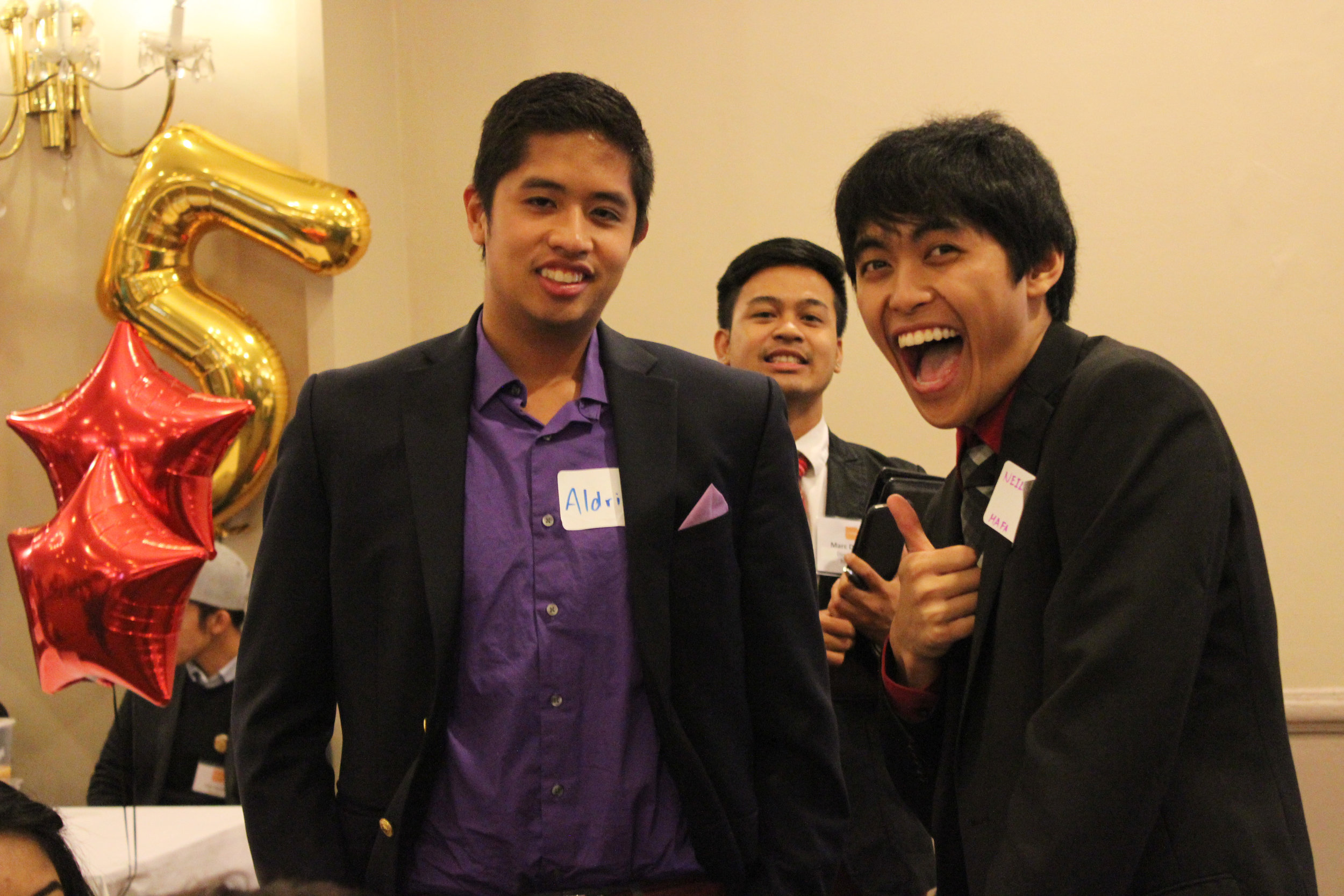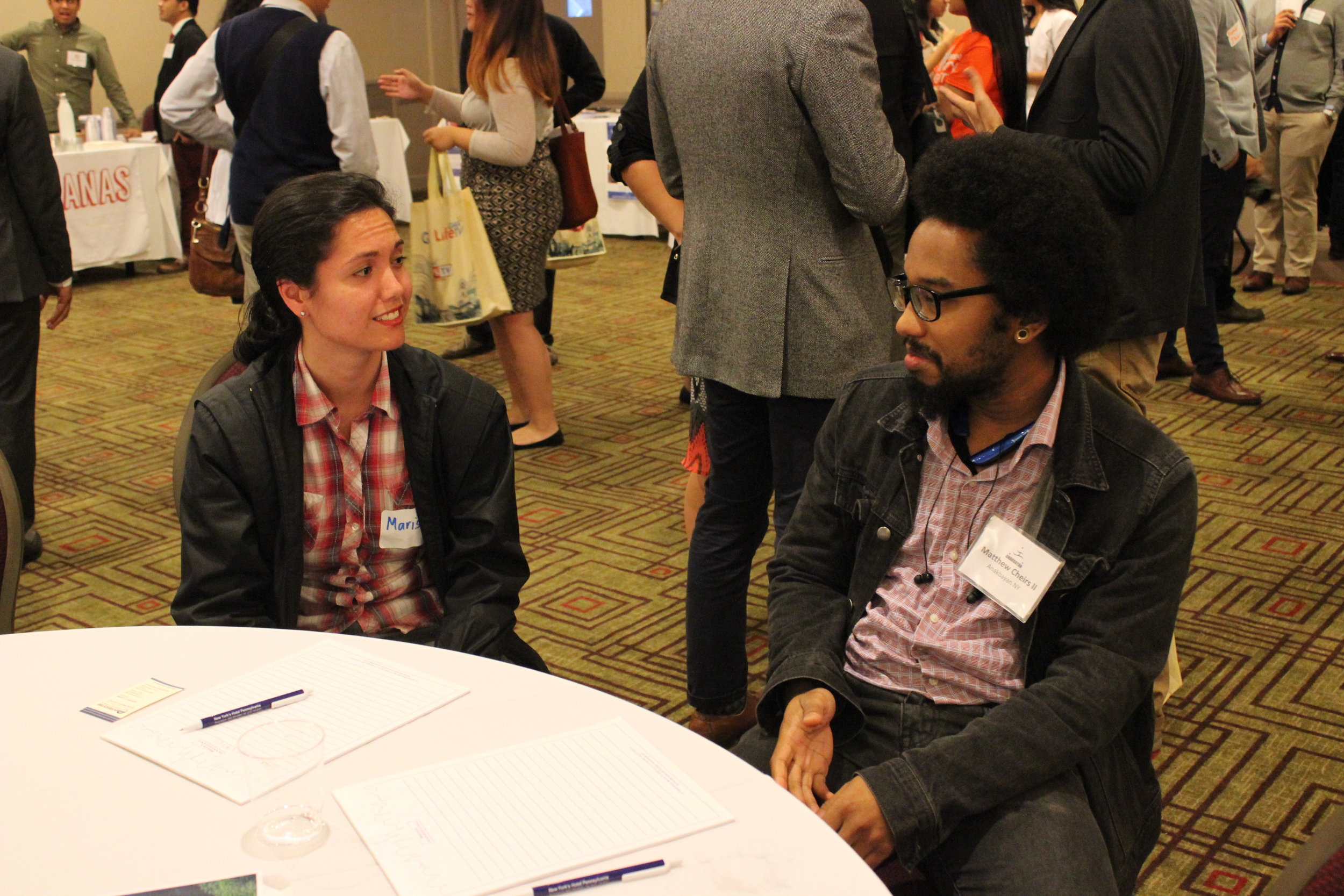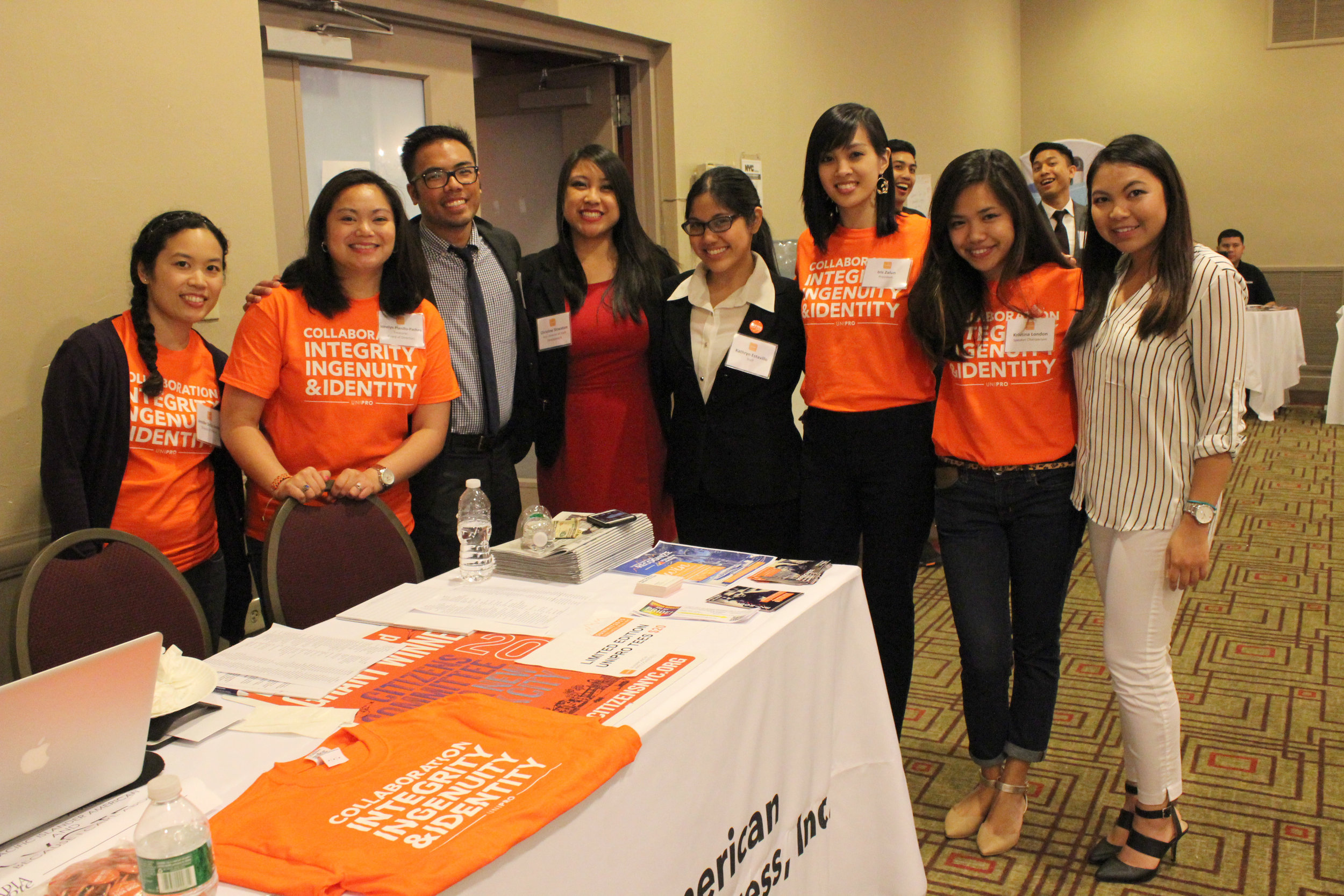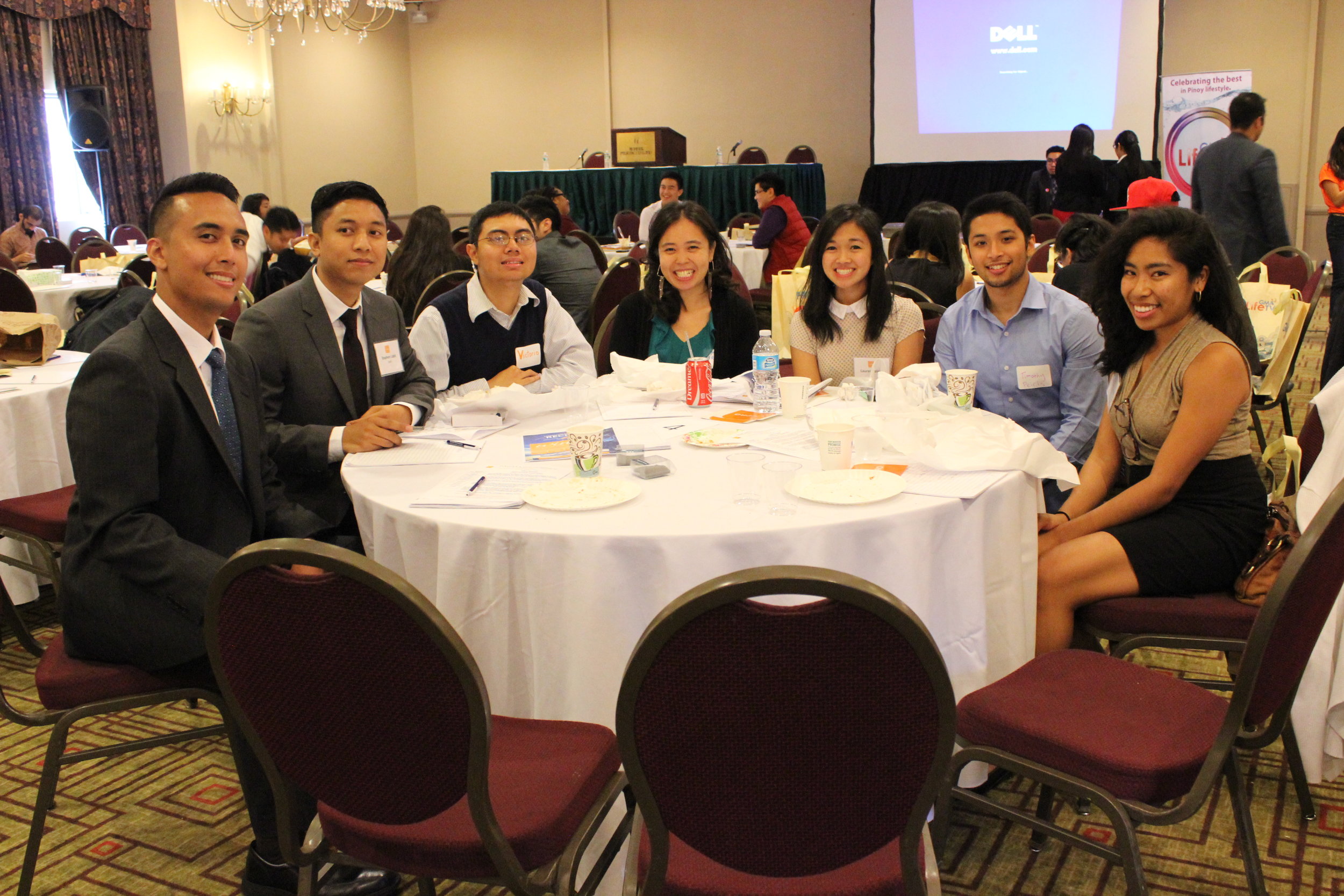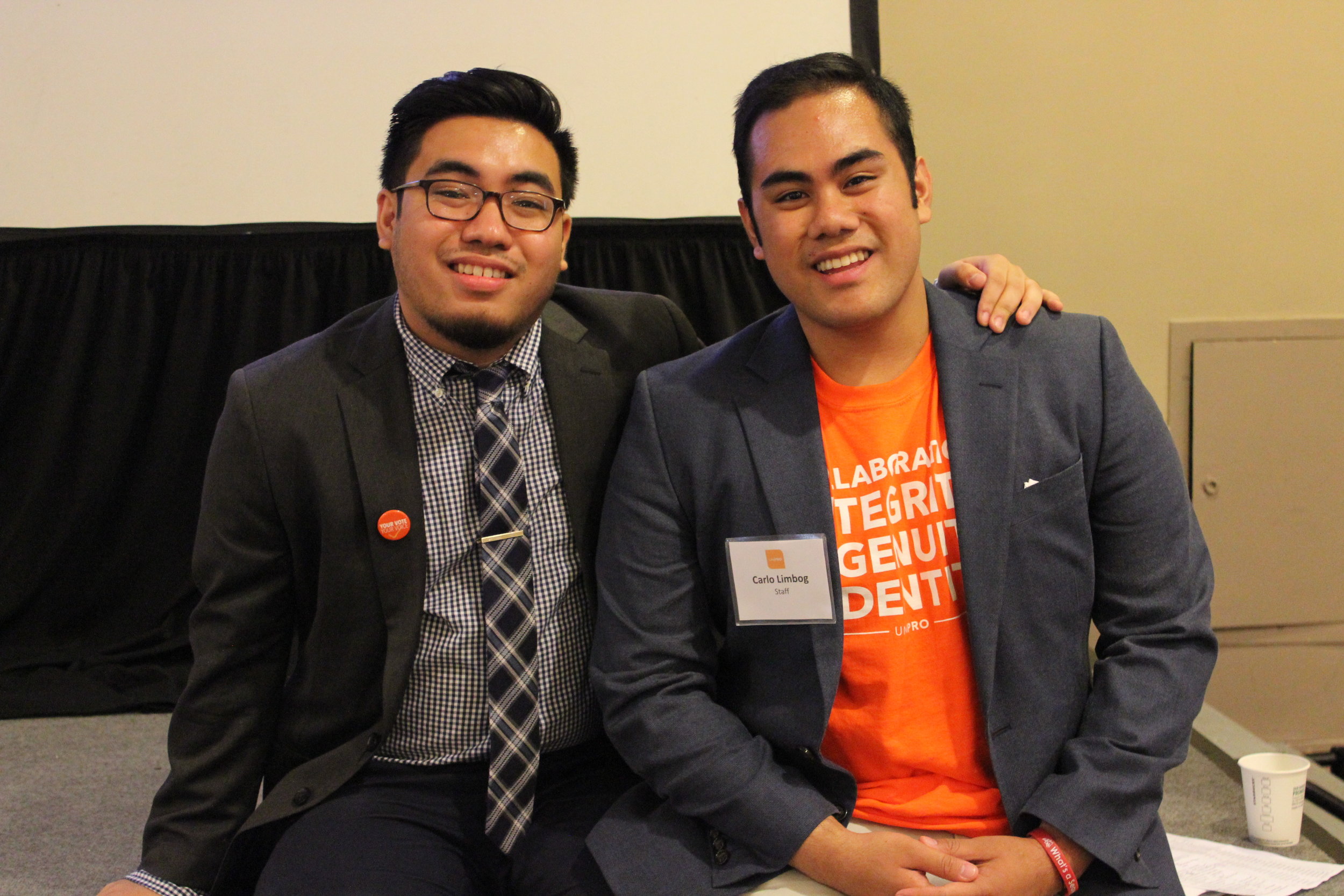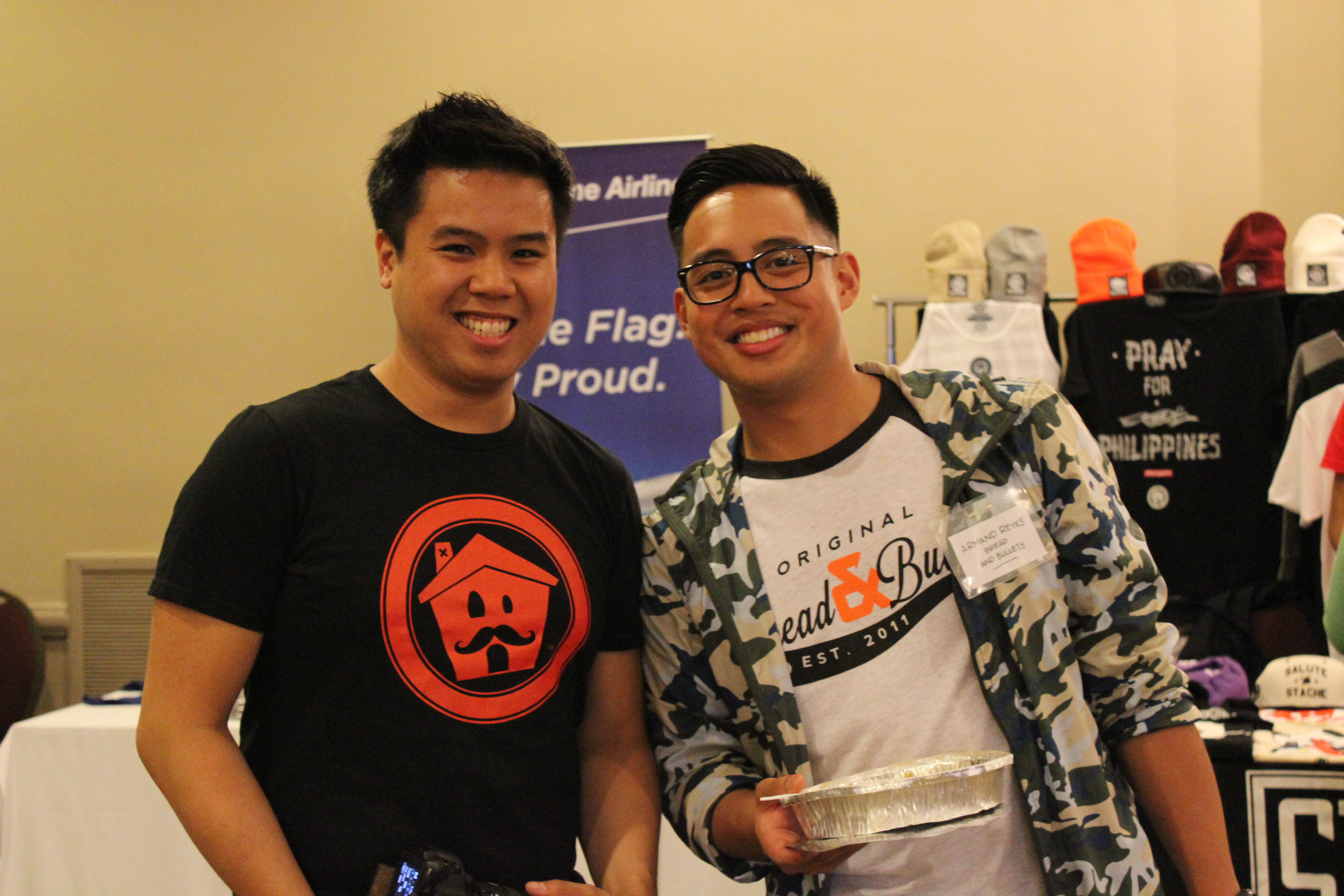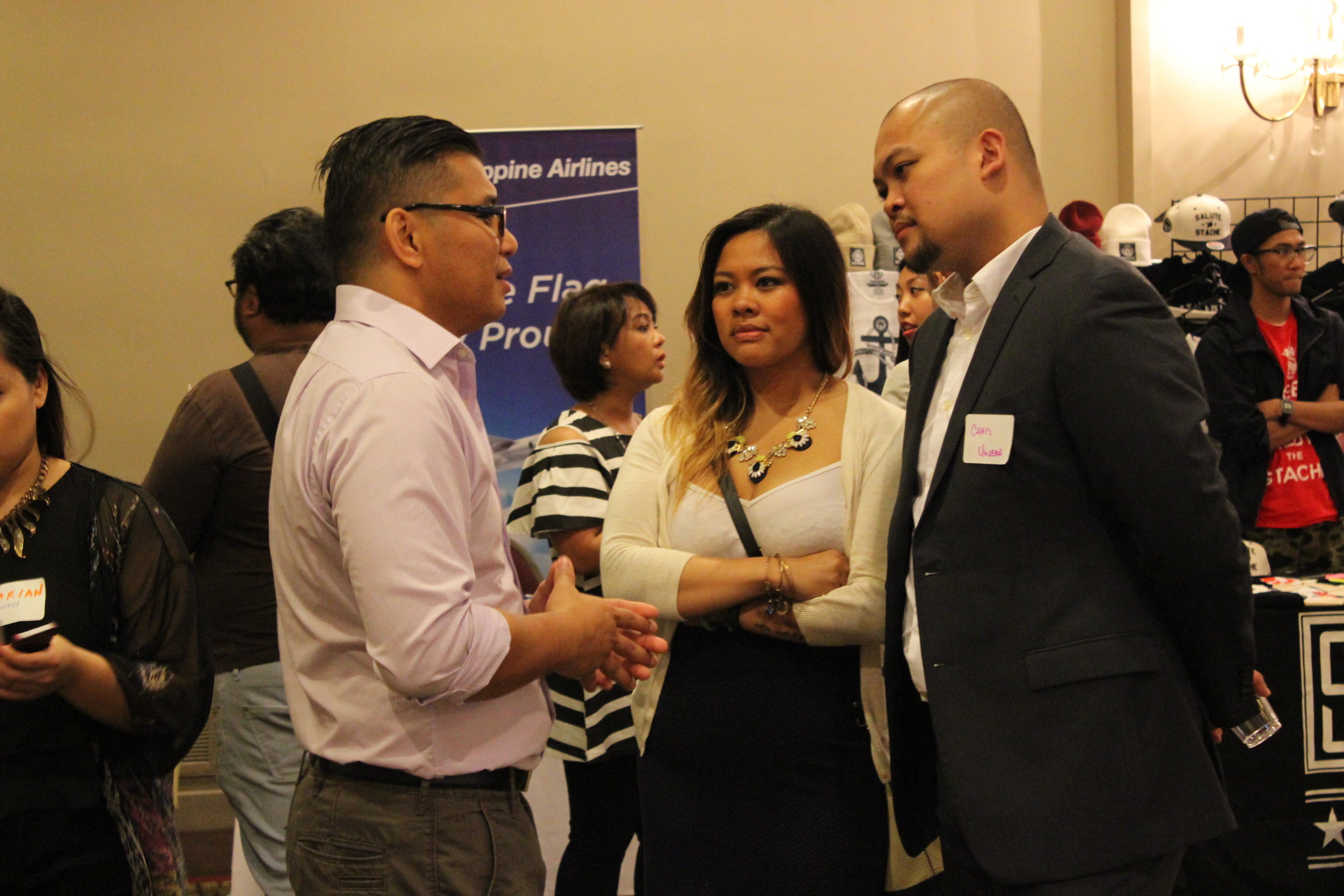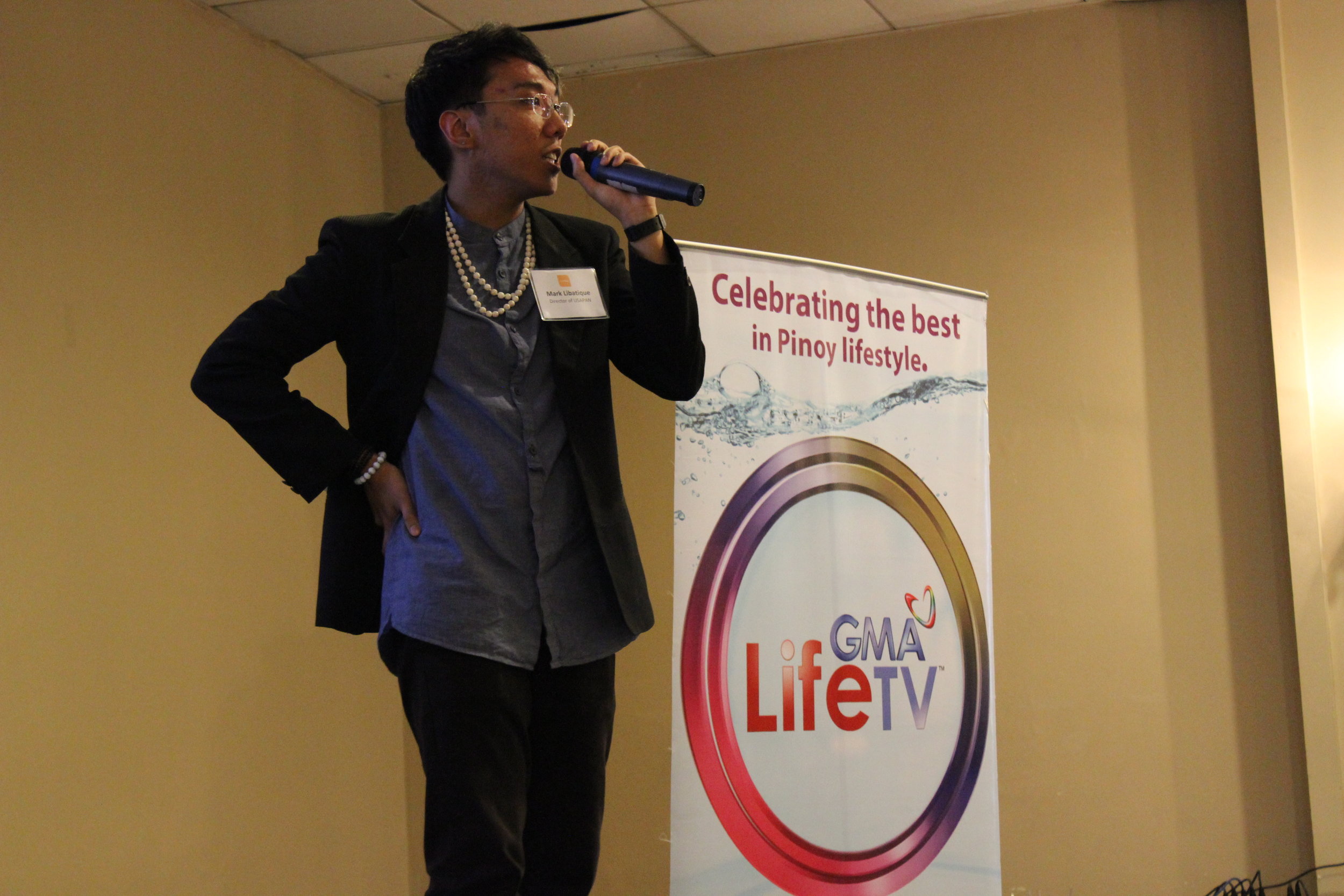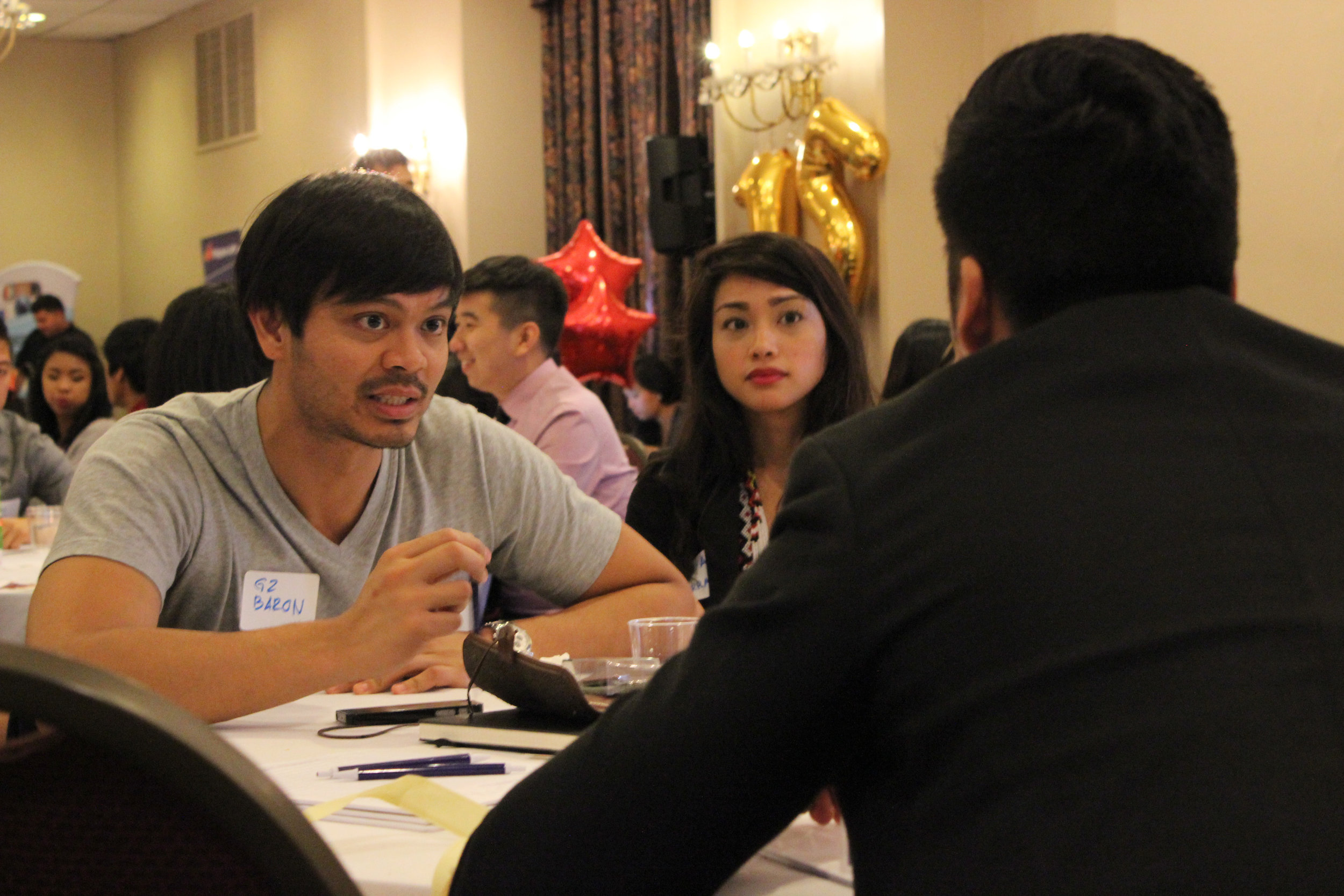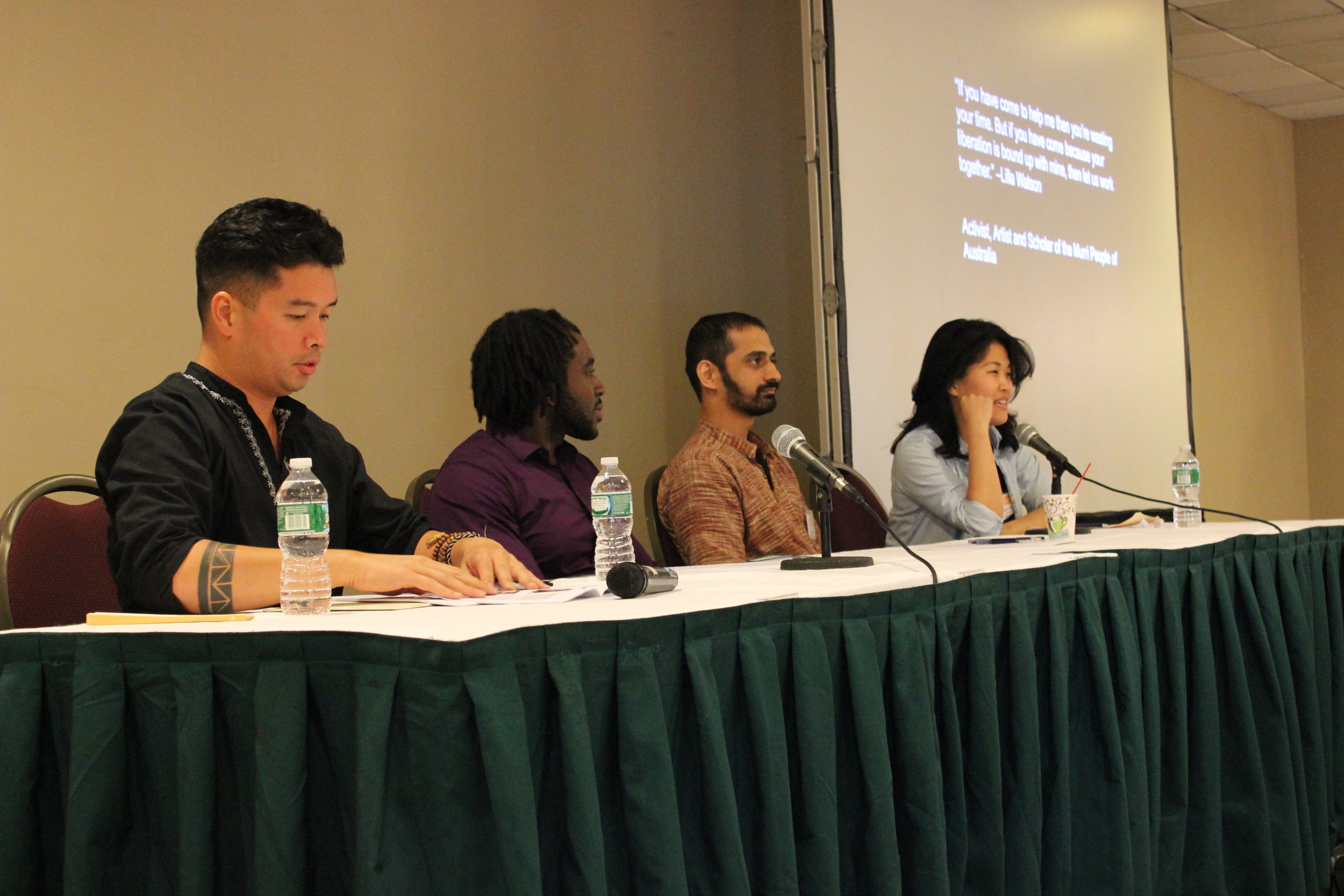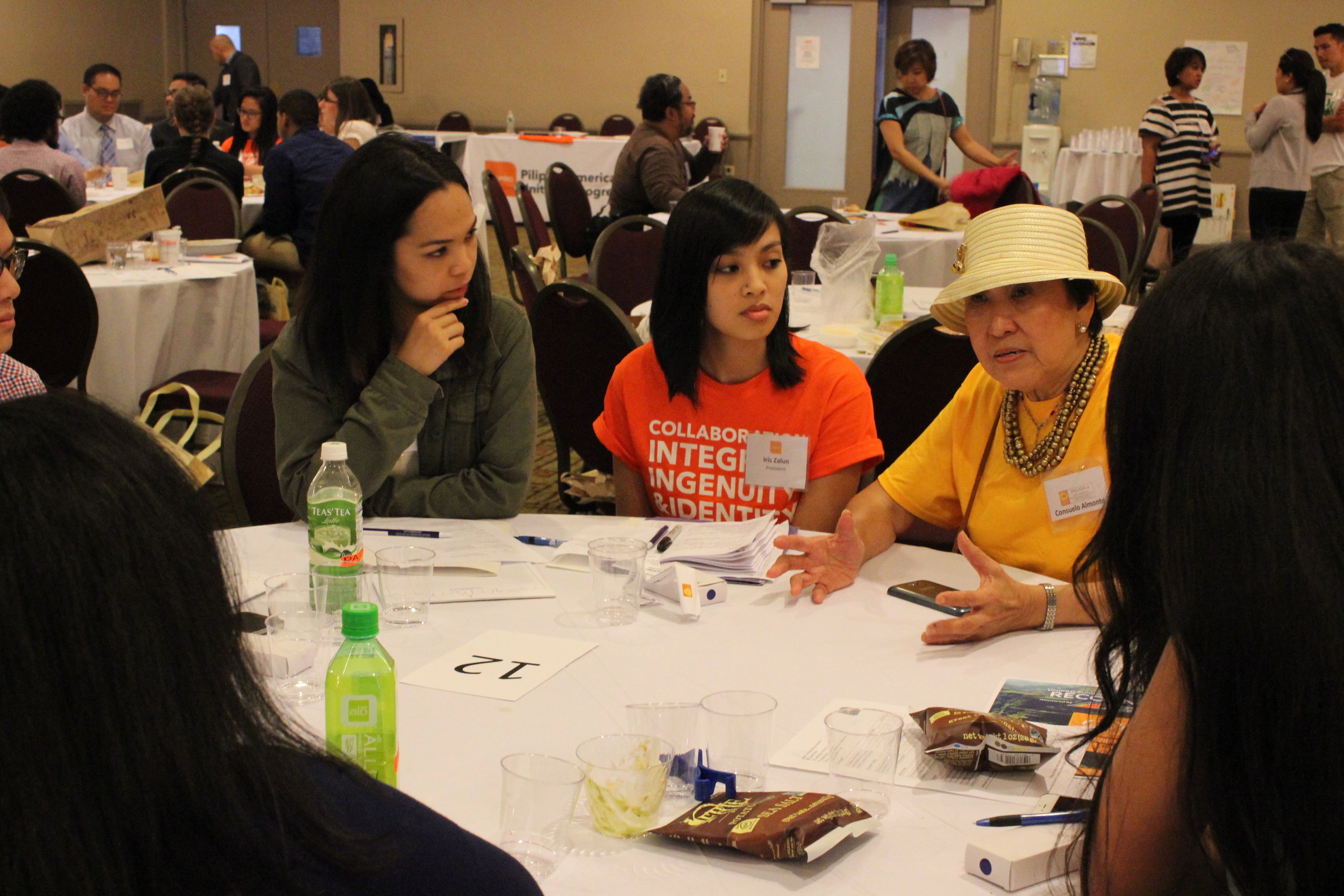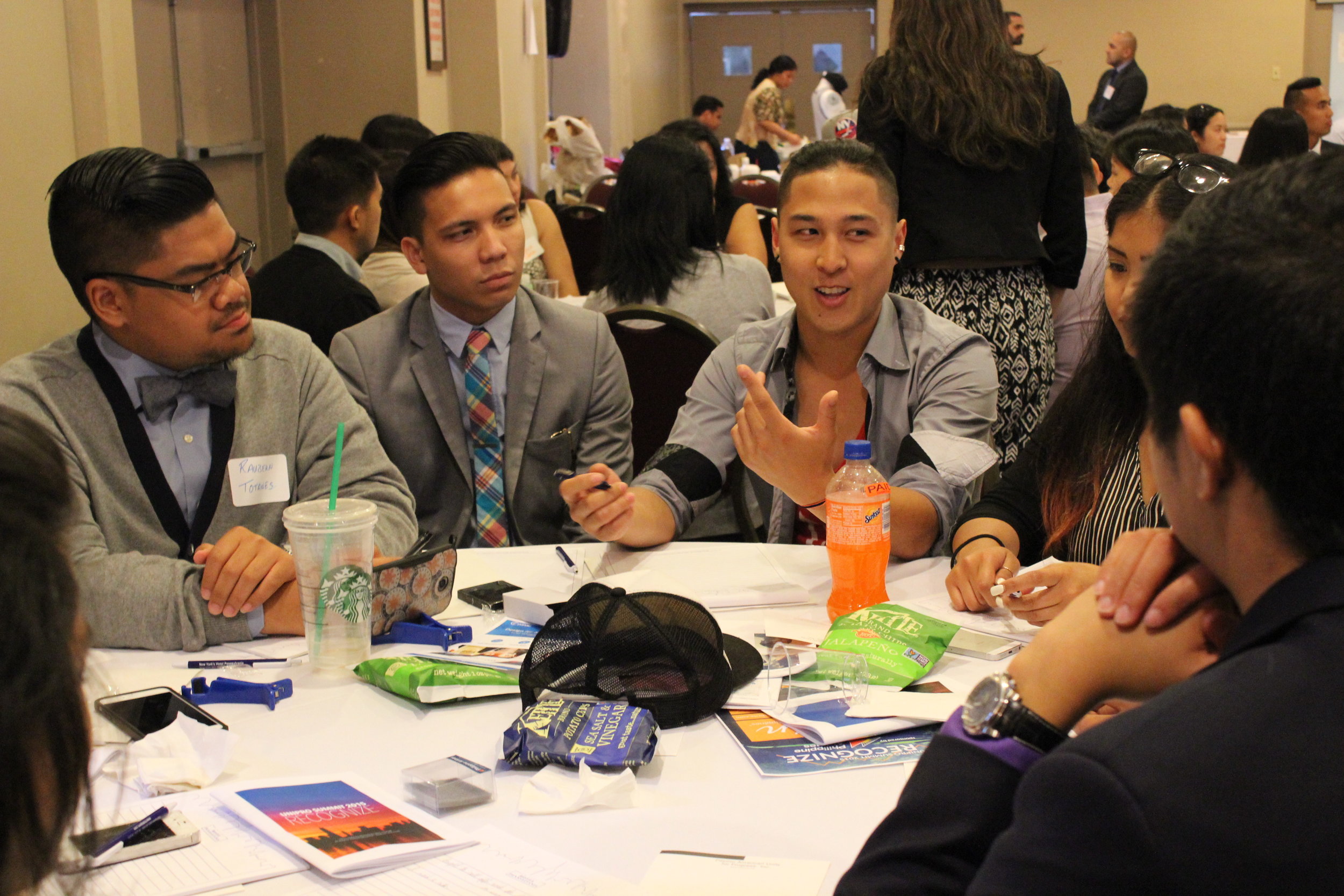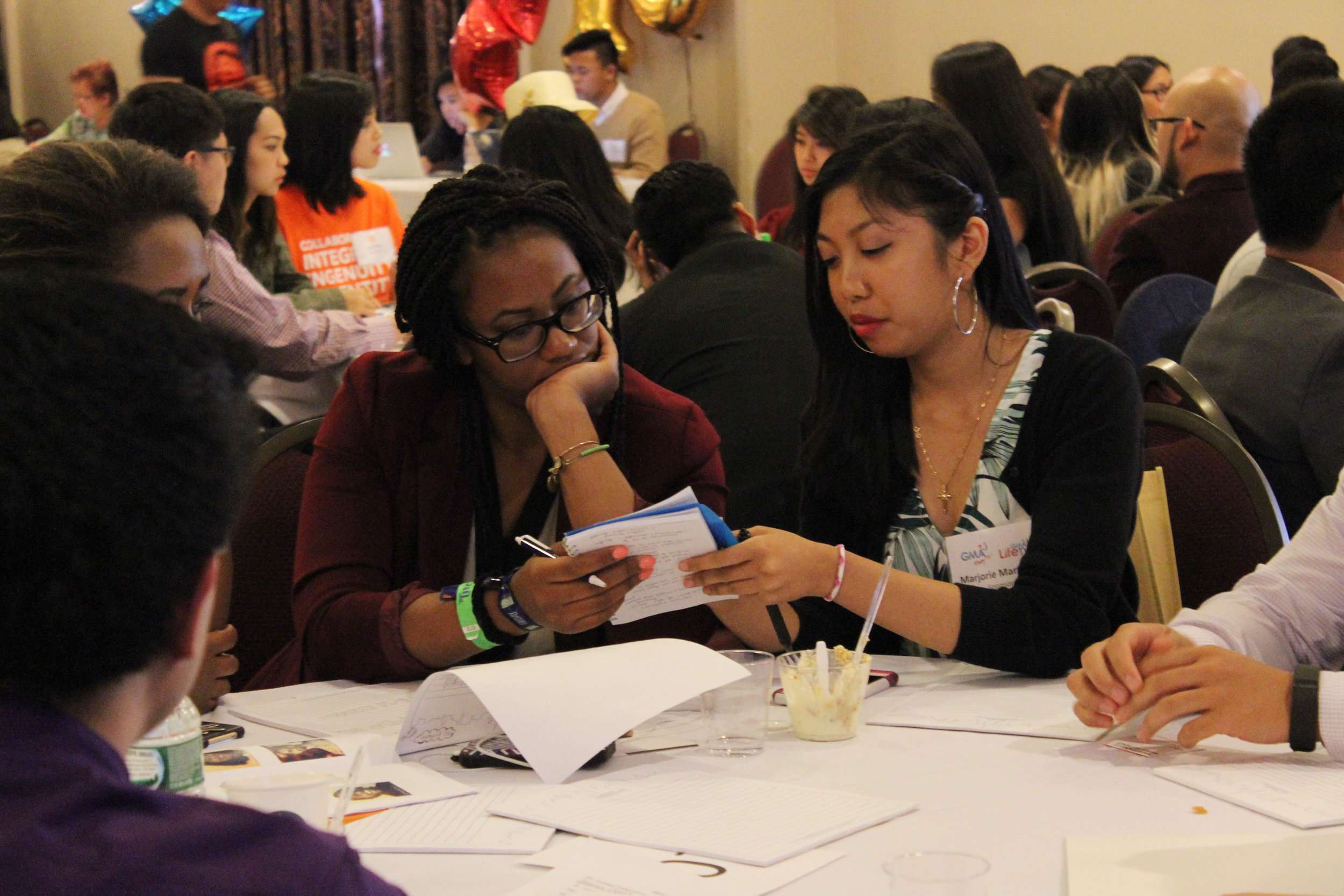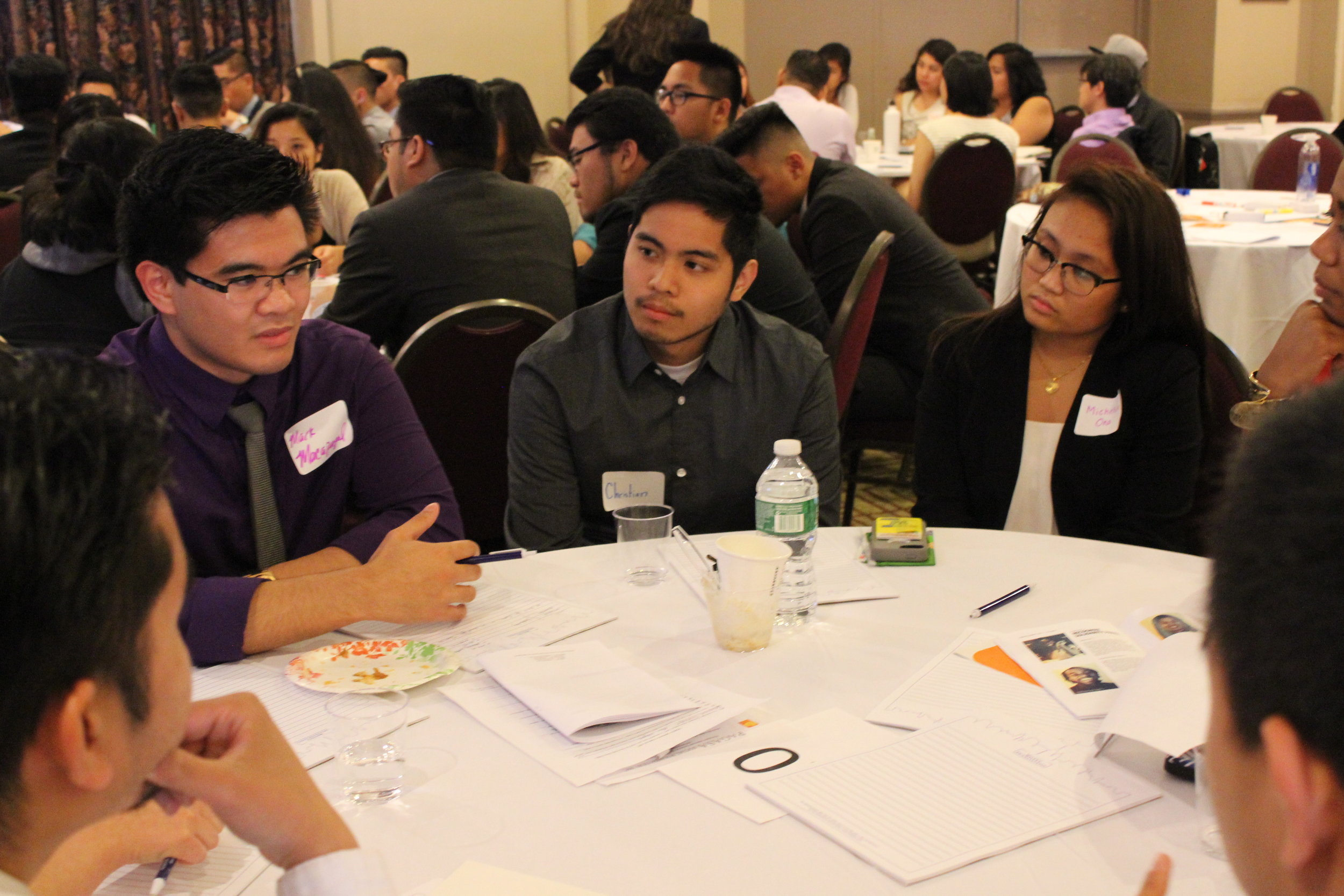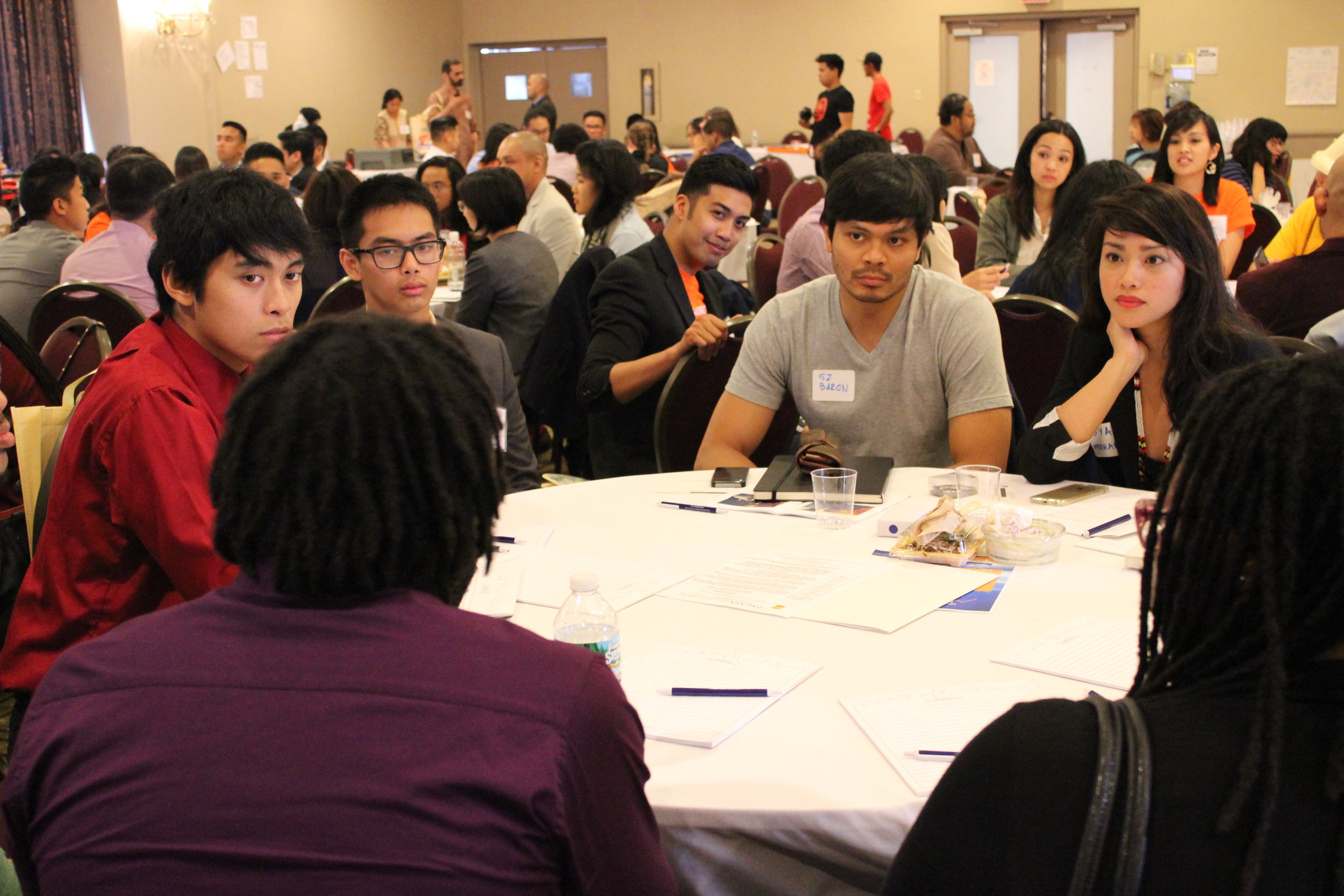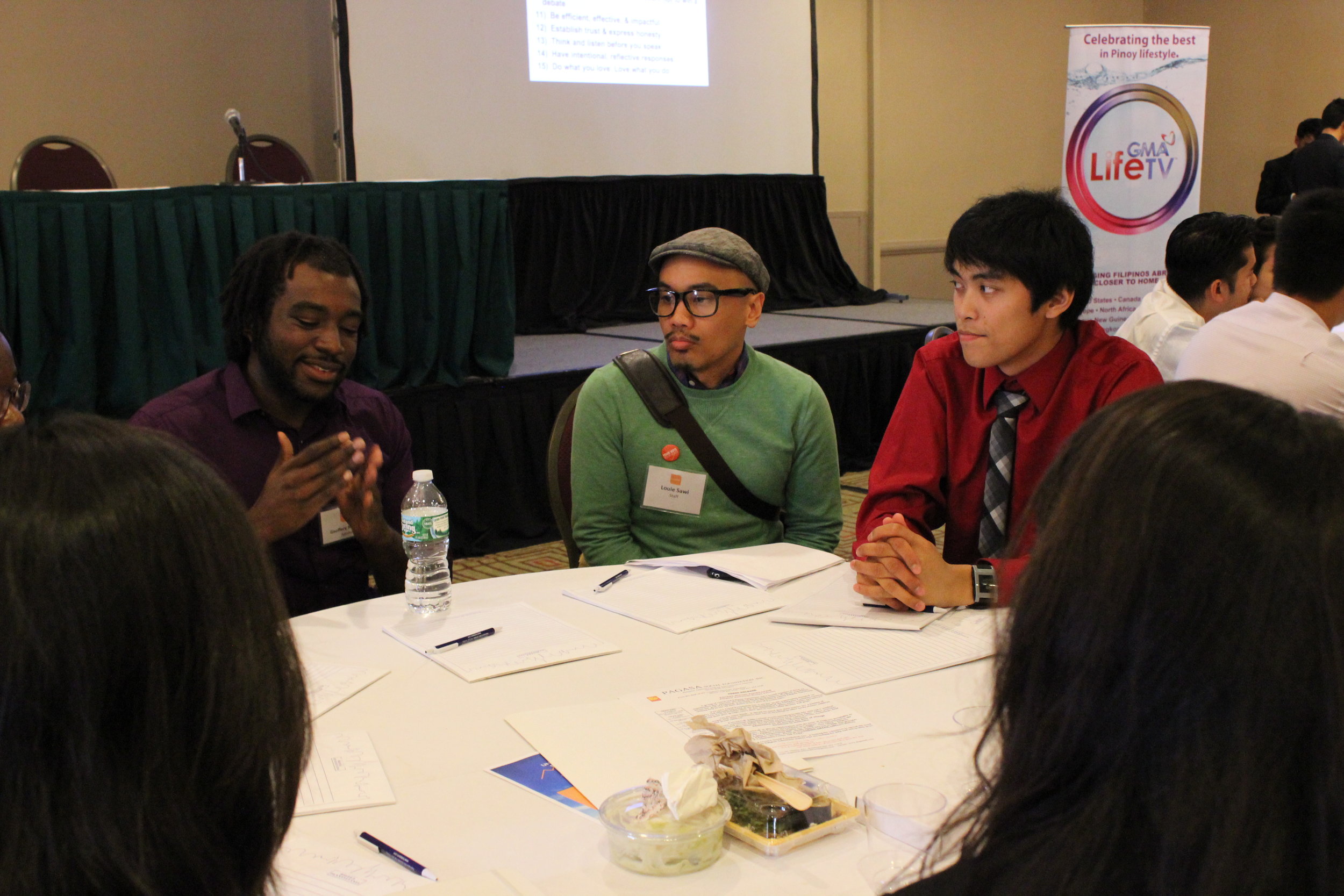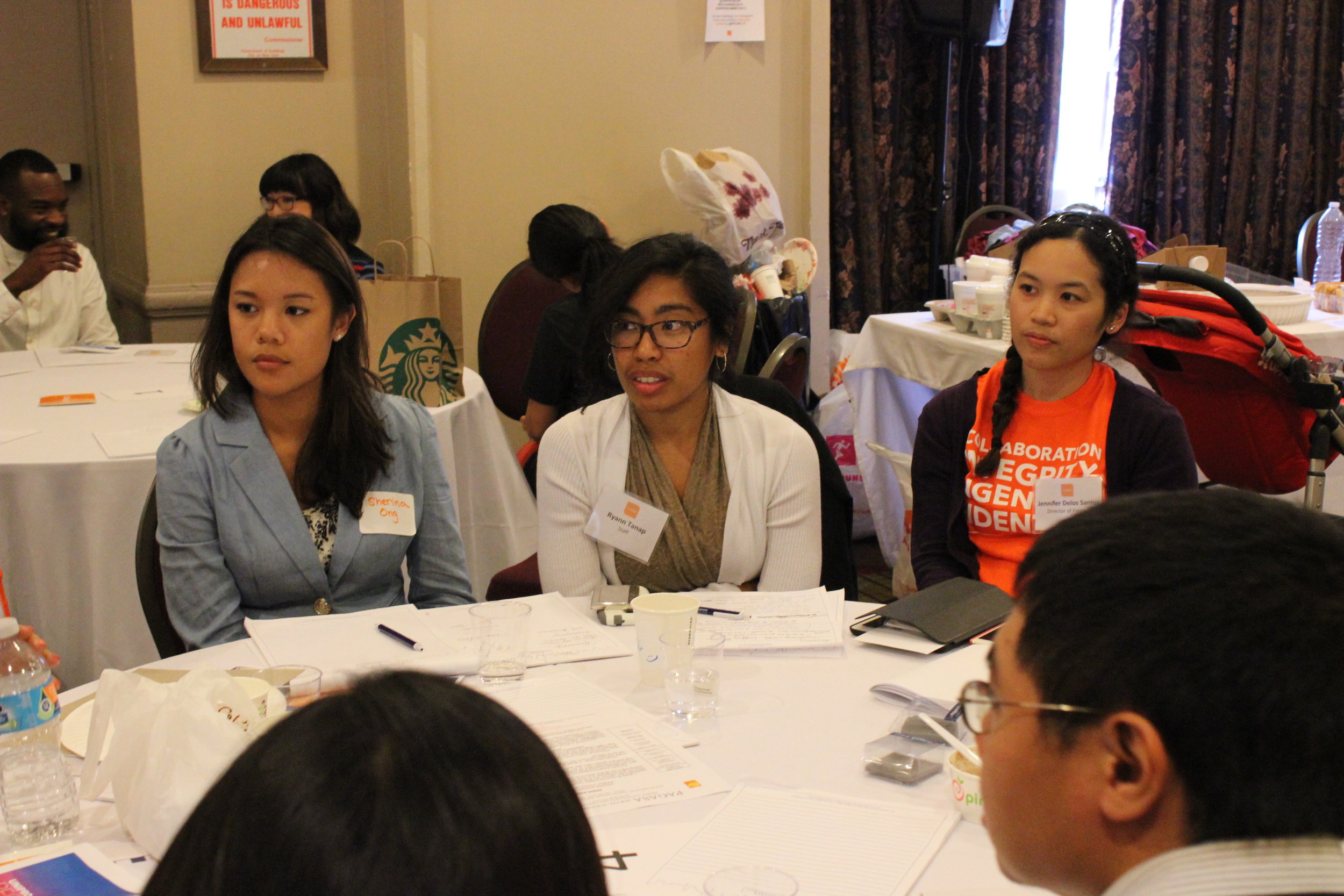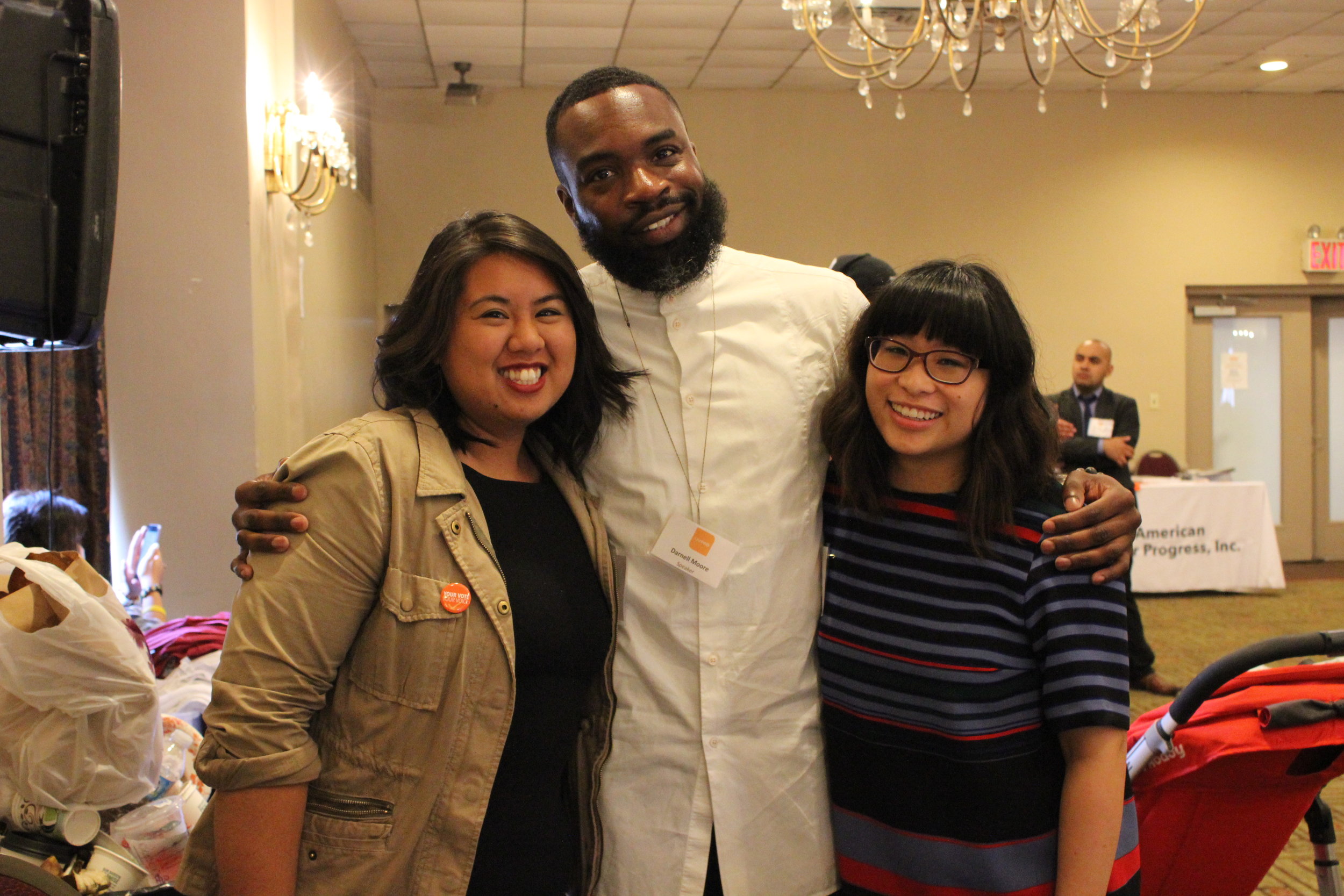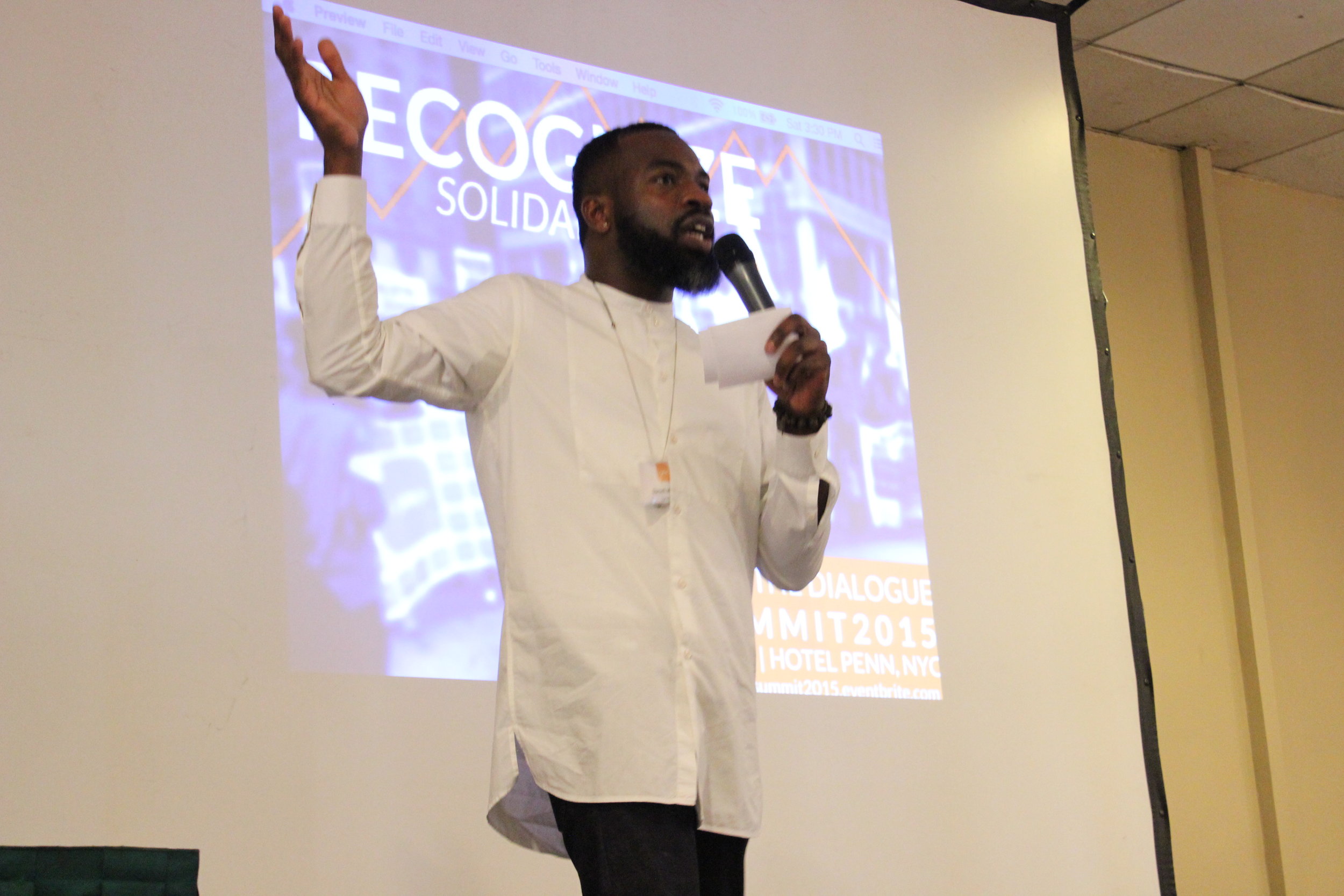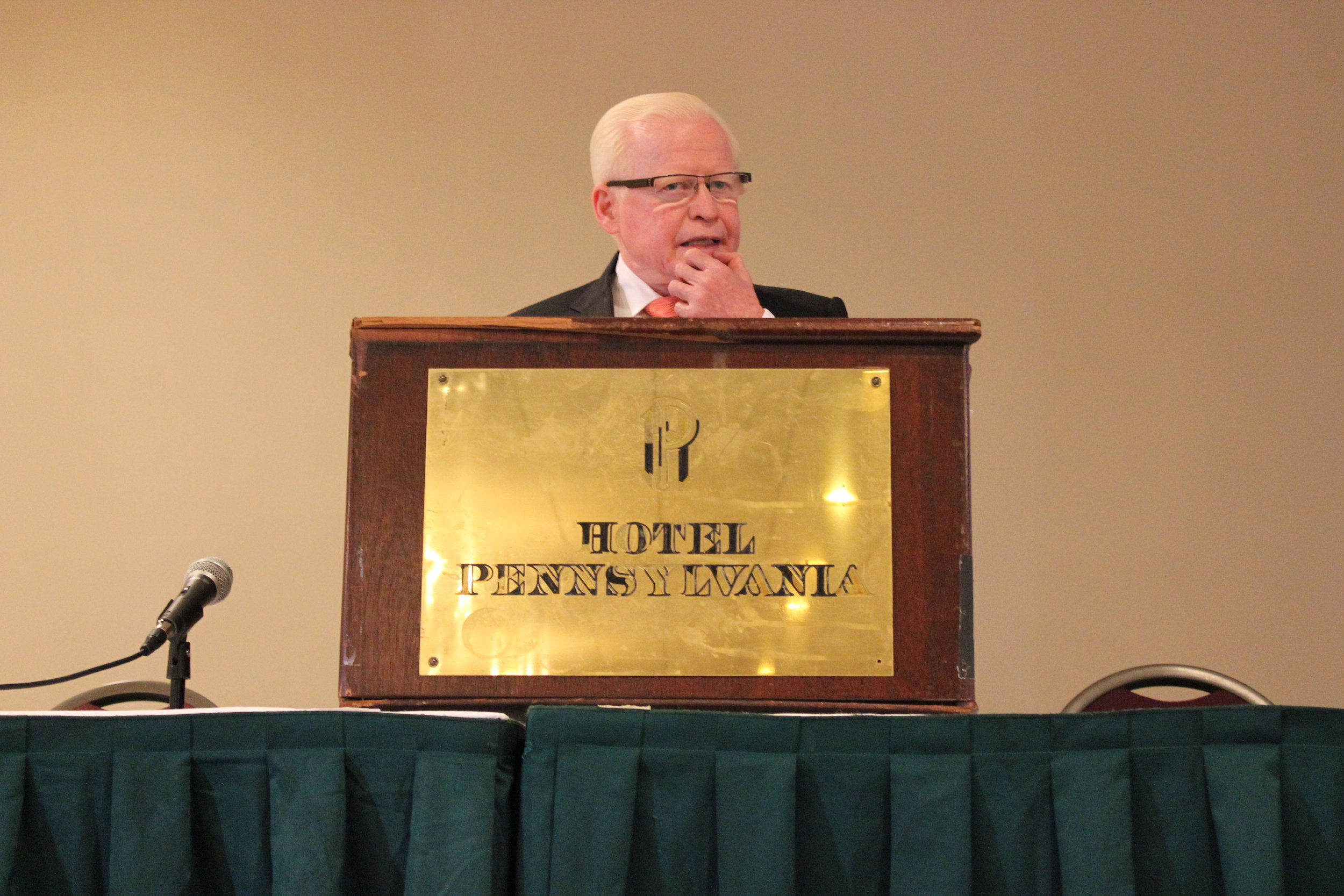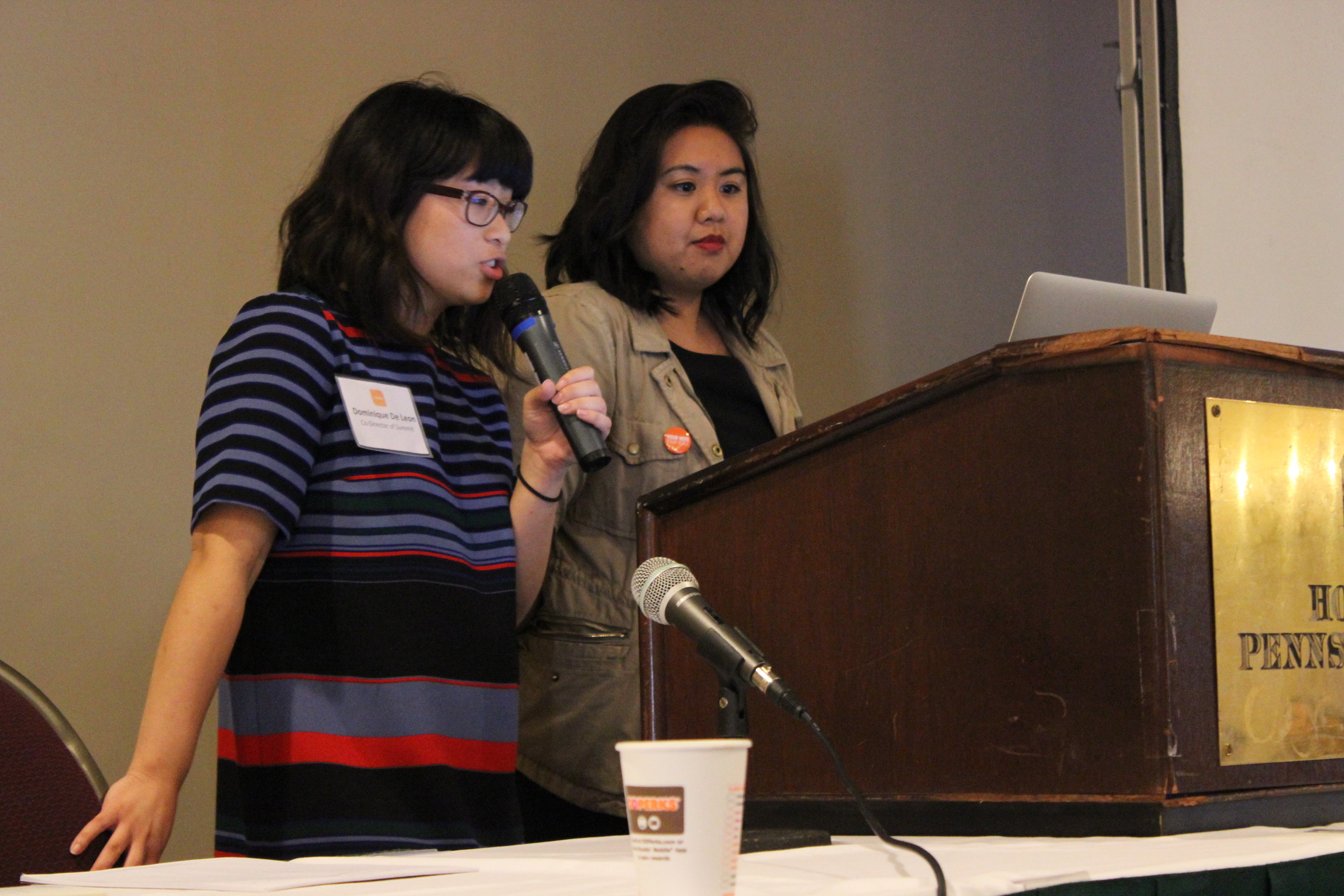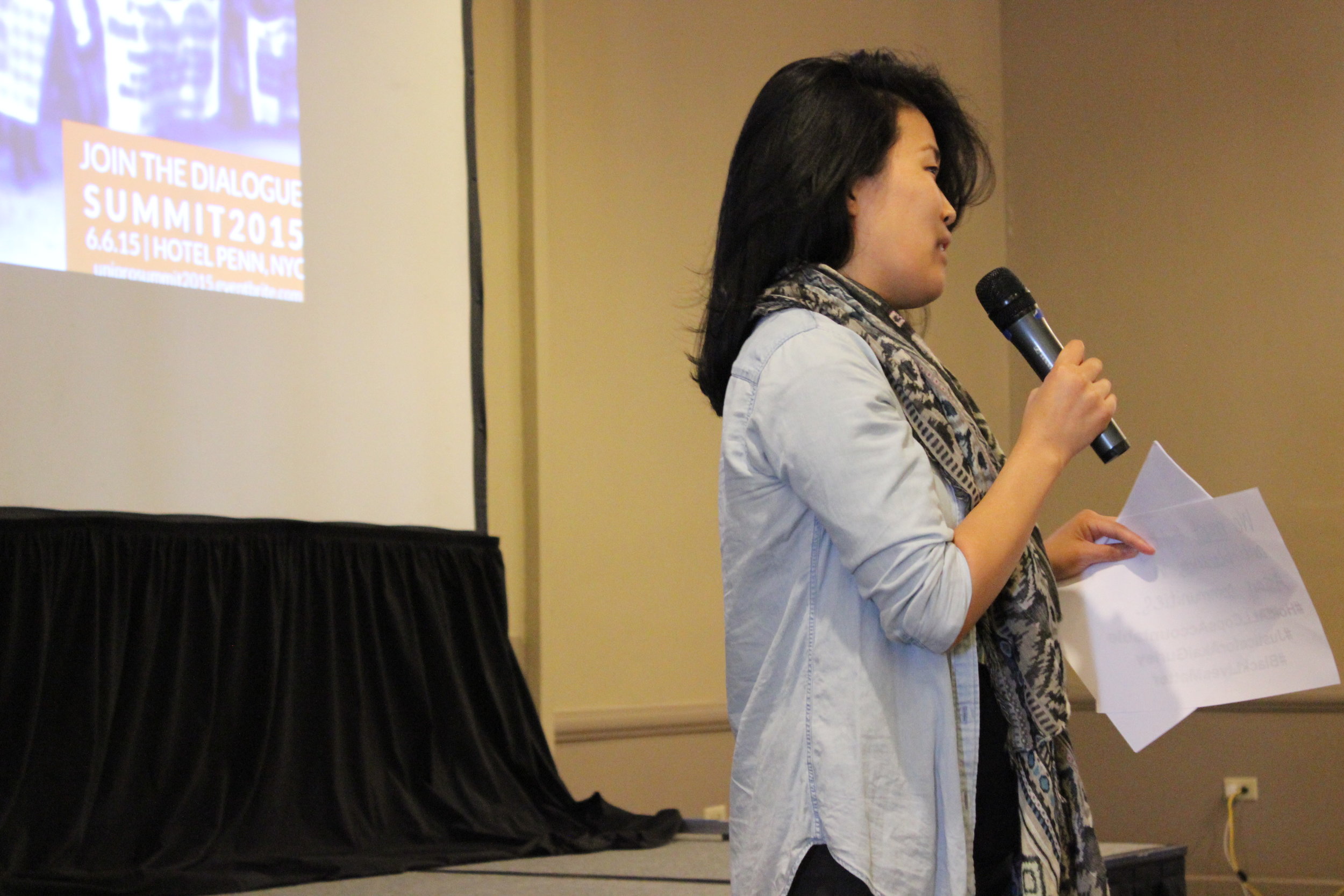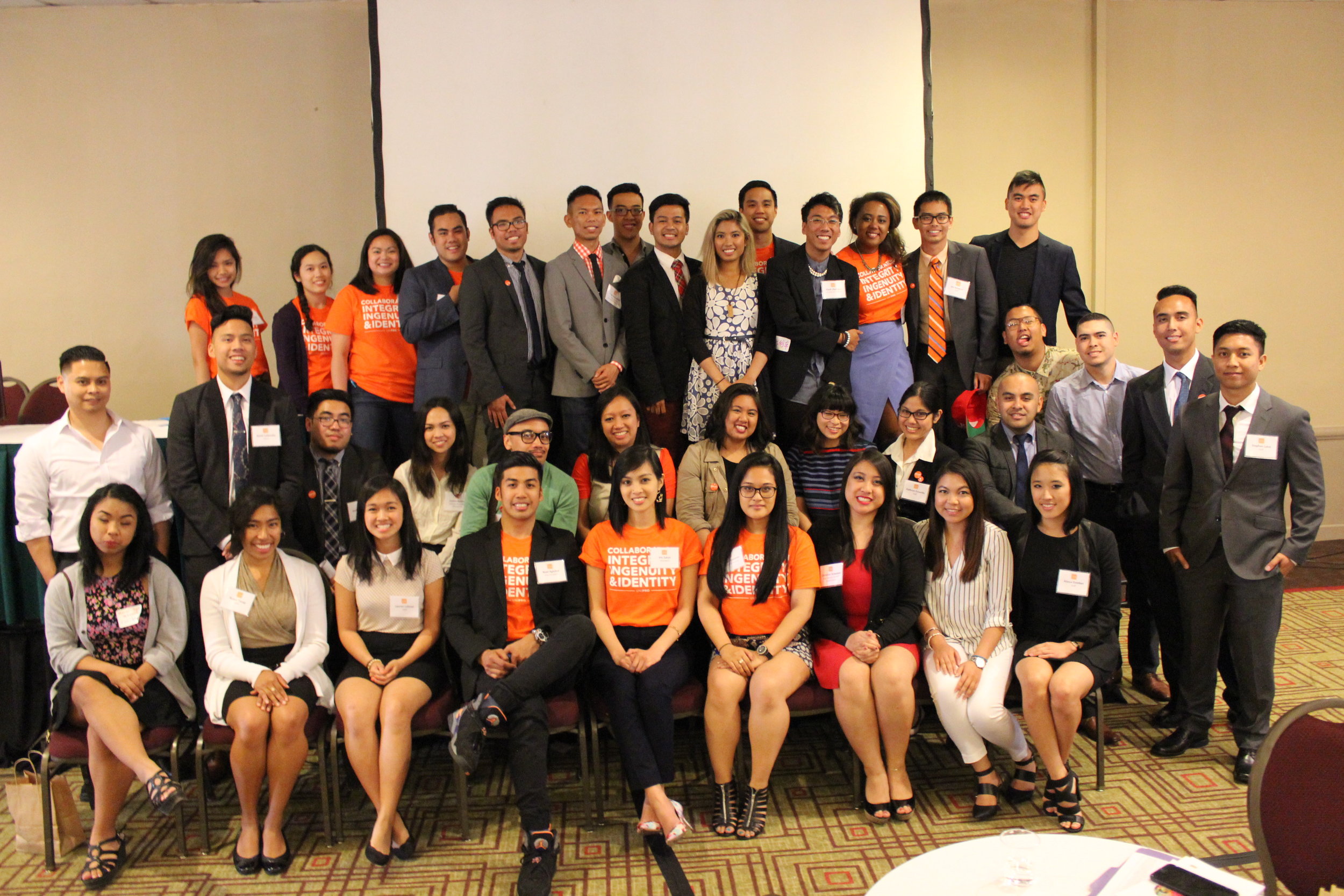The theme of “Recognize” continued the spirit of challenging the Pilipino American community at each Summit. In 2015 we challenged our attendees to recognize our shared experiences with other communities of color and our role as allies in social justice movements.
Program
“Recognize” featured two Keynote speakers, one workshop session, a workshop report back, a panel on recognizing solidarity and a reflection/discussion session. The Keynote speakers were; Kalaya’an Mendoza and Darnell Moore.
Kalaya'an Mendoza was Amnesty International USA's Field Director. In his role he has coordinated Human Rights Delegations to Ferguson, trained activists across the country around nonviolent direct action and integrated anti-oppression and decolonization work into human rights activism. He's a loud and proud Queer Pin@y from the Left Coast and is an accomplished Earthbender.
Darnell L. Moore was a Senior Editor at MicNews and Co-Managing/Editor at The Feminist Wire. Along with NFL player Wade Davis II, he co-founded YOU Belong, a social good company focused on the development of diversity initiatives. Darnell not only challenged attendees, but also challenged UniPro to also be critical of itself; be weary of exclusion in language and organizing.
Fahd Ahmed, a panelist and the Executive Director of DRUM, shared with us a definition of solidarity: “Solidarity is a very loosely used term in our movements, much like organizing or organizer. The refusal to be precise leads to a muddling and cheapening of what should be basic, yet essential concepts. In DRUM's work, we talk about 3-4 different levels of solidarity:
Verbal solidarity - Most often seen on panels and in talks and sign-on letters. These proclamations can raise consciousness, but ring hollow when not demonstrated in times of need
Transactional solidarity - Most often seen in actions and events by turning out or showing up, or in raising collective and inclusive demands. They often operate on a logic of mutual benefit - I (will) support you, you (will) support me. These actions raise consciousness and begin to affirm bonds
Manifested solidarity - Seen in events, acts, or in formations that require some form of physical or material sacrifice - getting arrested, bringing difficult anti-oppression conversations into our own communities, sharing our resources, receiving hate from opponents, etc.
Transformational solidarity - Is the same as #3, but done with mass bases of directly impacted people (ie. in organizing contexts only). When already oppressed people *collectively deliberate and decide* to make material sacrifices for themselves (undocumented immigrants refusing blood-tainted immigration papers, sharing critical resources needed for our own organizing, risking police repression on already repressed communities, risking violence from other marginalized peoples but refusing to invite police/state intervention while building viable alternatives, taking positions that cause material marginalization from people within our own communities, etc.) for the purpose of manifesting our long-term visions and building unity.”
Quick Link: Printed Program





